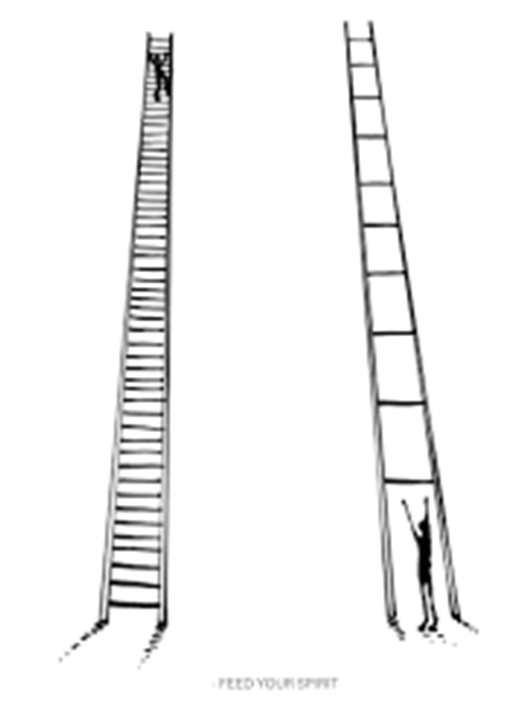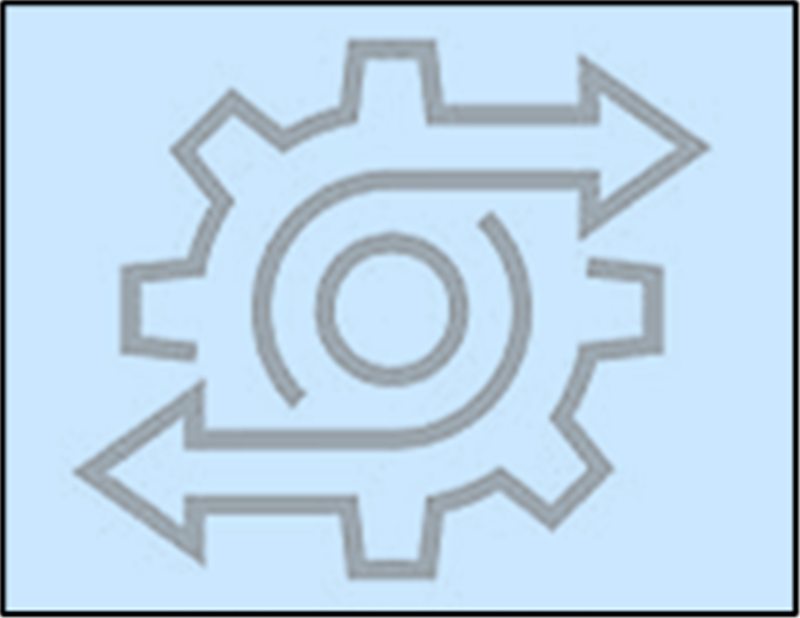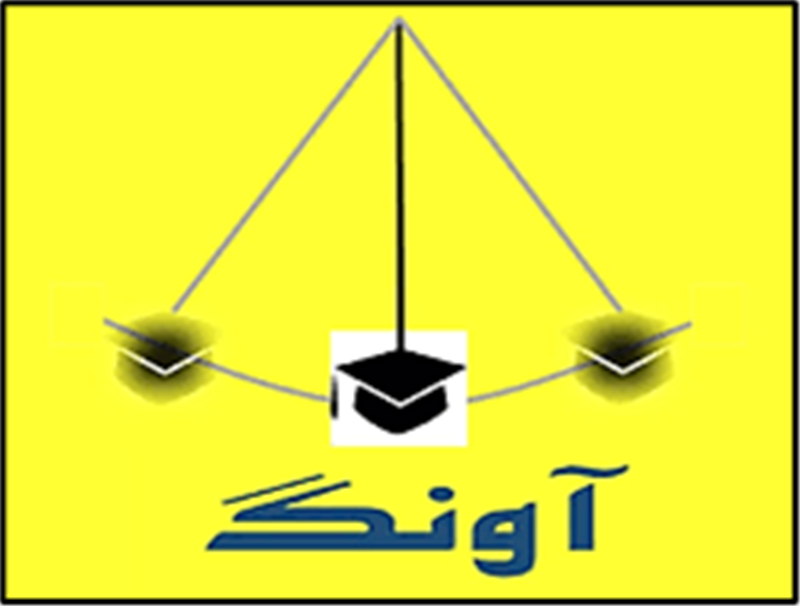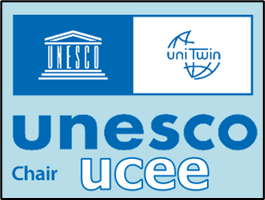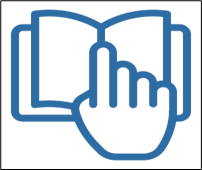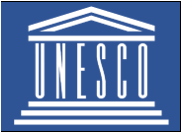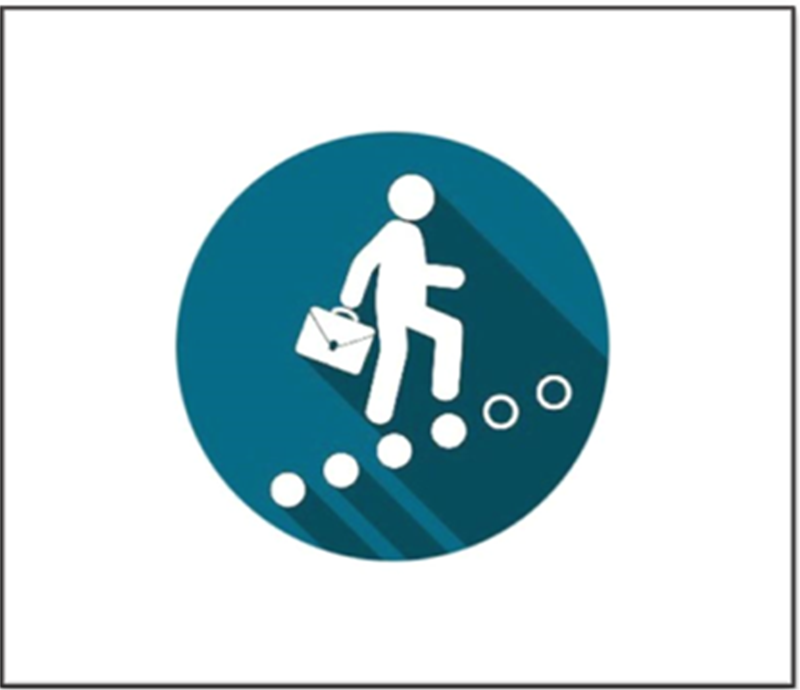Educational Innovations - کرسی یونسکو در آموزش مهندسی ucee
Educational Innovations
With the start of the third millennium, most countries revisited and reformed their educational programming. These revisions brought valuable achievements, particularly for engineering education. One of the goals of the UNESCO Chair on Engineering Education is to monitor findings and innovations in various aspects of engineering education and to share them with academic colleagues and other interested parties at the national level and beyond. This action is in line with one of the main fields of research of the UNESCO chair; identifying the current challenges of engineering education in the country and proposing appropriate solutions, both in terms of the educational content and terms of implementation.
The results obtained from the internal assessment of several undergraduate engineering education programs at different universities revealed the major educational challenges of these programs. "Educational innovations" are in practice "educational suggestions" that provide solutions to overcome these shortcomings and prepare the country's engineering education programs to successfully pass the external assessment process, at the national and international levels. The results of the research conducted in the field of engineering education, on the one hand, have been presented to the strategic council of the UNESCO chair; on the other hand, it is made publicly available for review by academic colleagues and other beneficiaries, through the website of the chair. Along with each educational proposal, the necessary references and documentation, including a research report, which is often published in the form of articles, are also provided. Colleagues and academic centers can share their opinions and findings about each of these educational proposals, and the implications of their implementation, with us and other stakeholders across the country.
Hossein Memarian
2024
101. Integrated engineering education
What is integrated teaching–learning? What is integrated engineering? How is educational integration achieved?
100. Auditory Learning with Podcasts
What are the characteristics of the auditory learning style? What is the Avang podcast and what content does it provide?
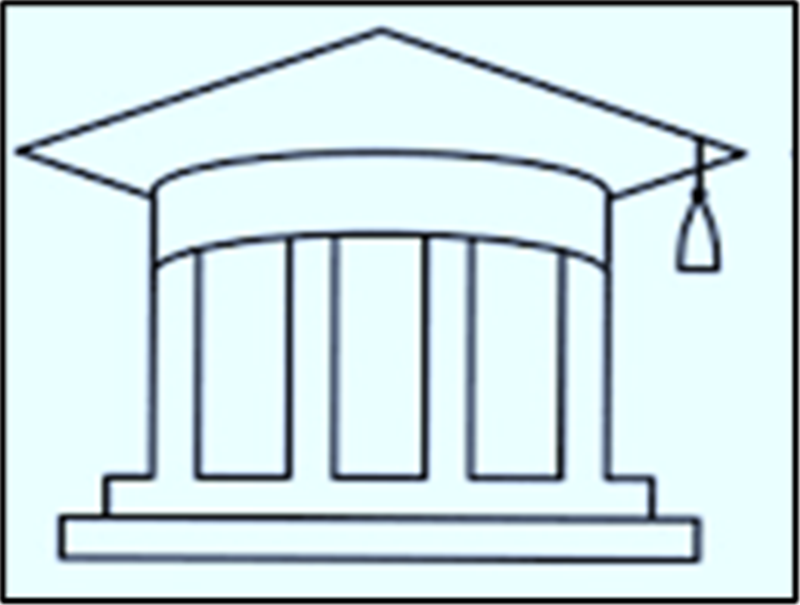
99. The Evolution of the University
Where is the university? What are the characteristics of different generations of universities? At what stage are our universities?
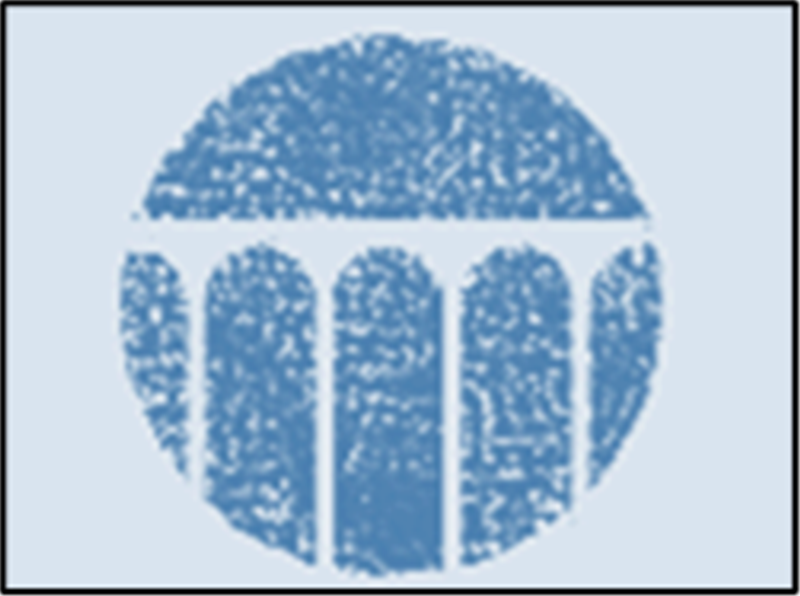
98. Grand Challenges in Engineering
What were the major achievements and failures of engineering in the twentieth century? What are the major challenges of engineering in the twenty-first century? Why is it necessary to address these challenges? What are the major engineering challenges of our country?
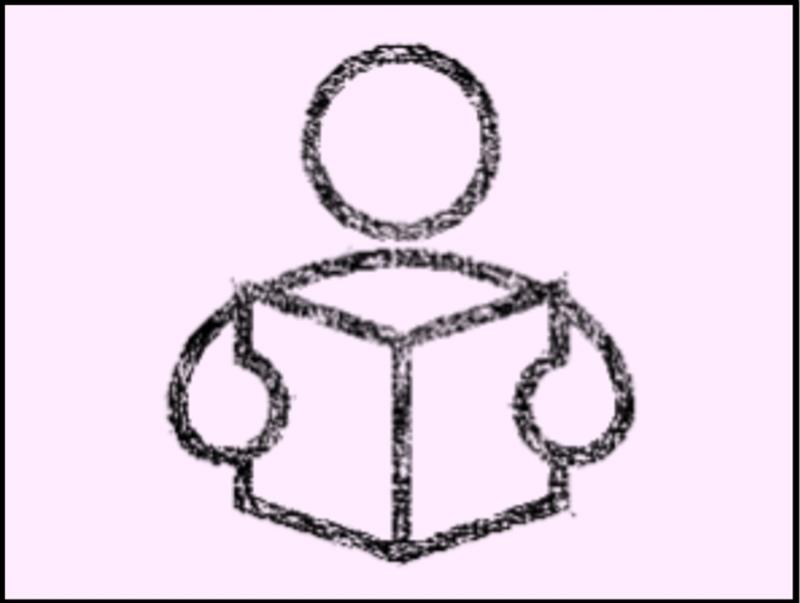
97. Adult learning
How does the learning of children and adolescents differ from that of adults? What is andragogy and what are its principles? How can the principles of andragogy be used to improve adult learning?
2024
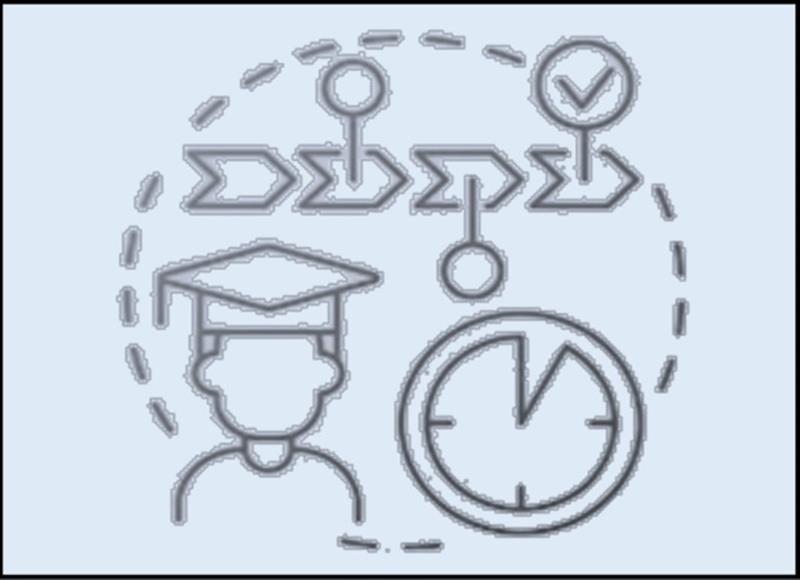
96. Microlearning
|
What is microlearning and how can it increase learners’ motivation to learn? |

95. Professional Development Course for Engineering and Science Instructors
The quality of higher education strongly depends on the professional competence of faculty members
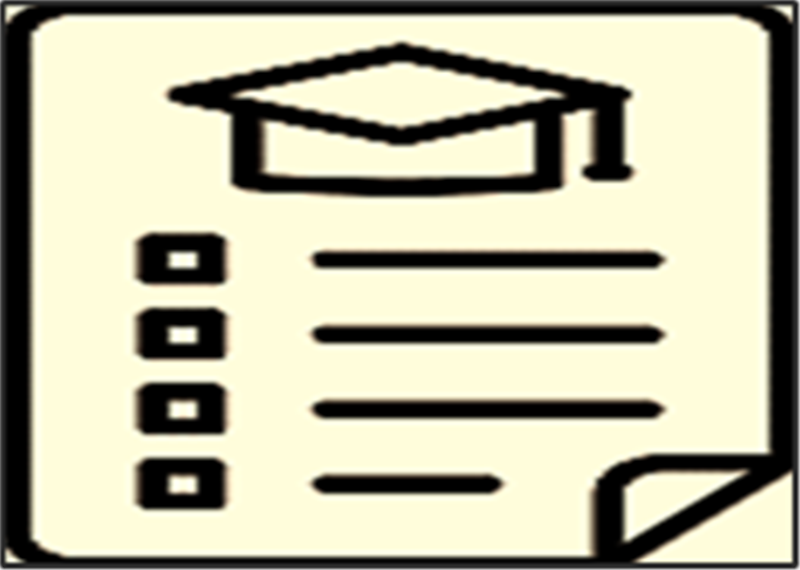
94. Hidden Curriculum in Higher Education
2024
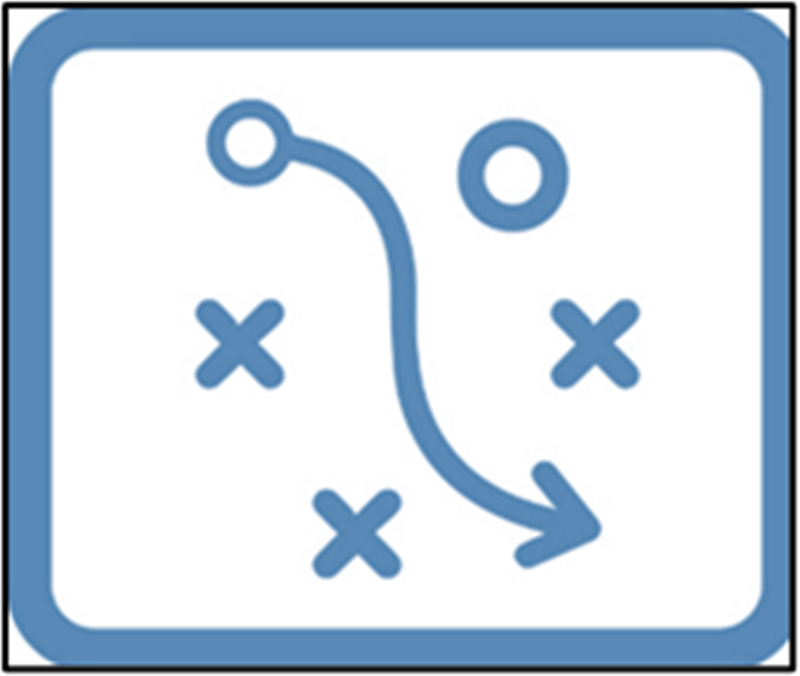
93. Strategic Planning in Higher Education
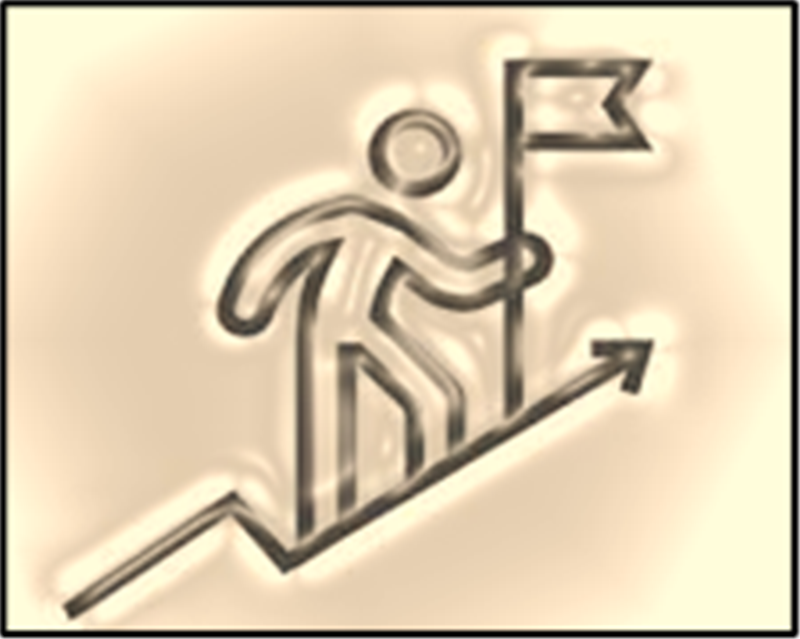
92. Technical and Engineering Education in Iran: Challenges and Solutions
2024
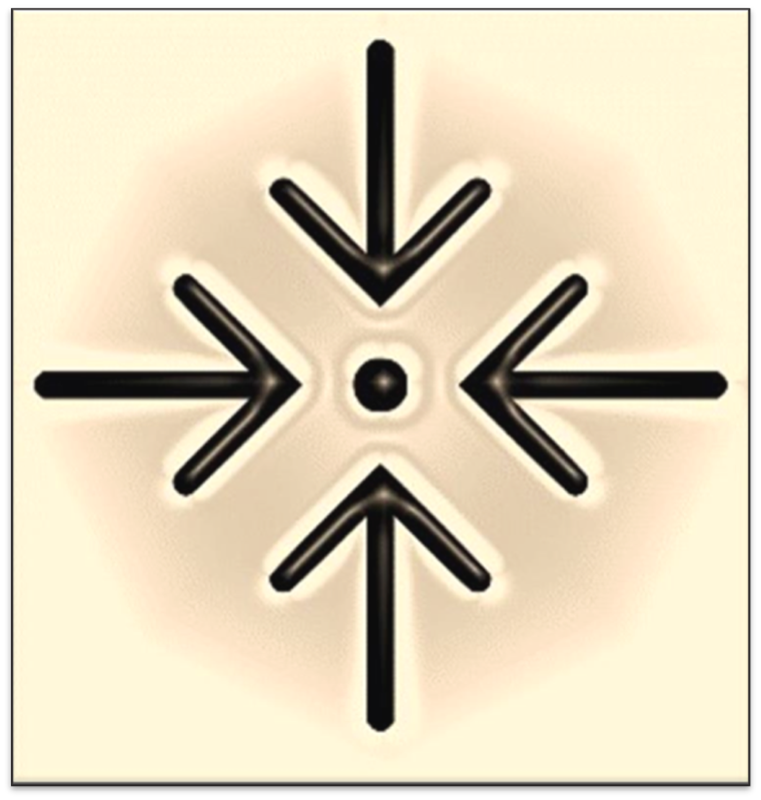
85. Course Alignment
| How do we ensure that the activities we do to design a course as well as prepare its resources, and the way present it in class, will achieve the courses' learning objectives? main article (in Farsi) |
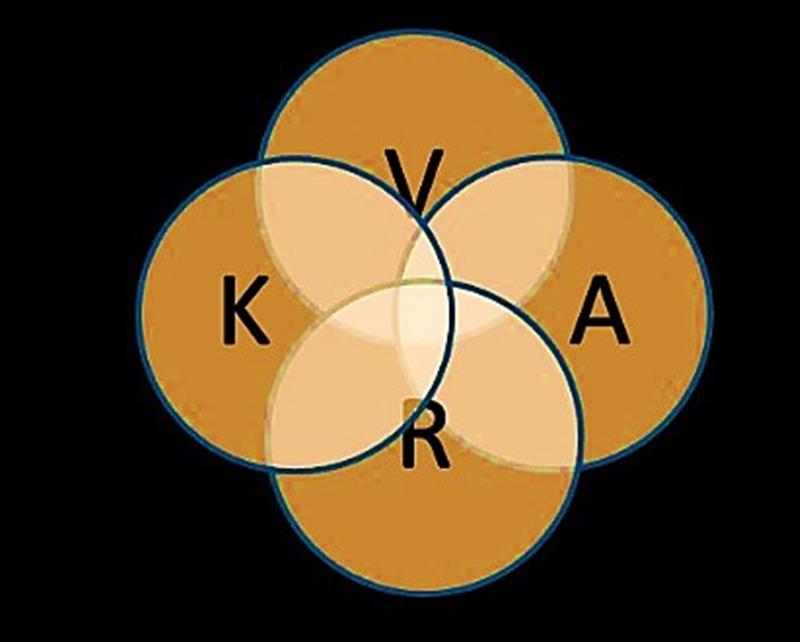
83. Identifying learning styles
| How can we Identify our learning style? How can that help with learning? main article (in Farsi) |
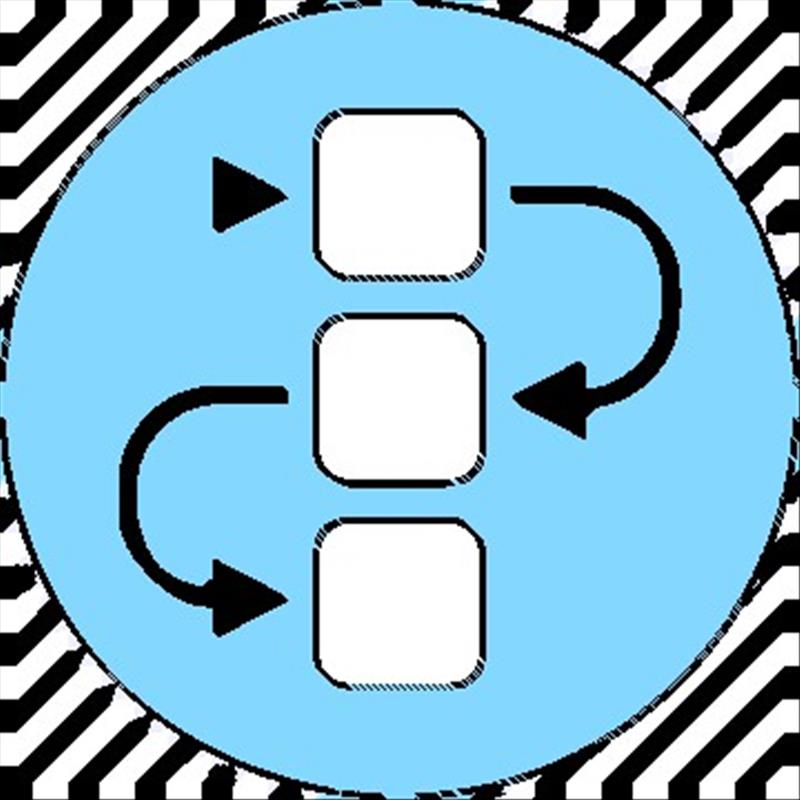
82. Evaluating the effectiveness of the educational program
| What is the logic model of education? How to measure the effectiveness of an educational program using the logic model? main article (in Farsi) |
81. Universal Design for Learning (UDL)
| What does Universal Design for Learning (UDL) mean? What are the principles of inclusive learning design? main article (in Farsi) |
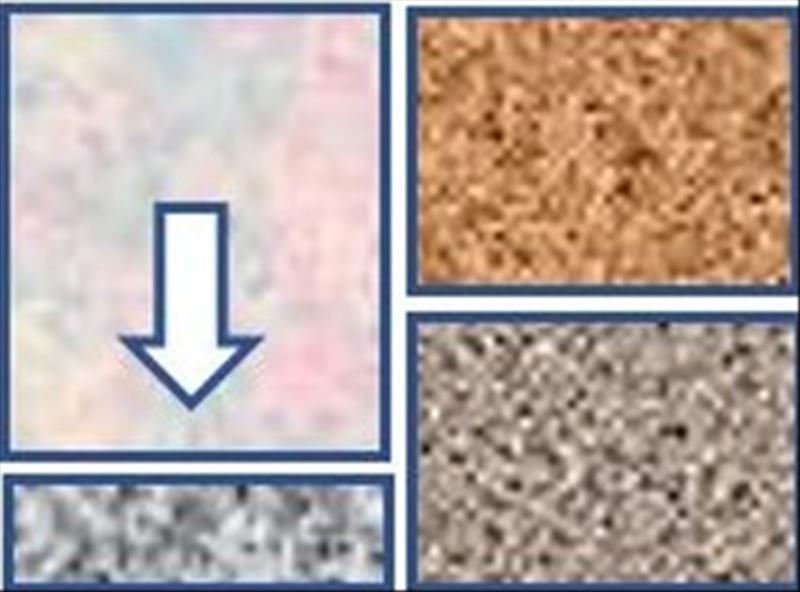
80. Preparation of Teamwork
|
Why do so many students; teamwork fail? What information does the Johari window provide? main article (in Farsi) |
2021
79. Identity Development and Learning
|
What is identity? How is the growth and development of identity done in students? What is the role of identity development in learning? main article (in Farsi) |
78. Yesterday, today and tomorrow of engineering education
| In the last few decades, what major developments have taken place in engineering education? What role have these developments played in improving engineering education? main article (in Farsi) |
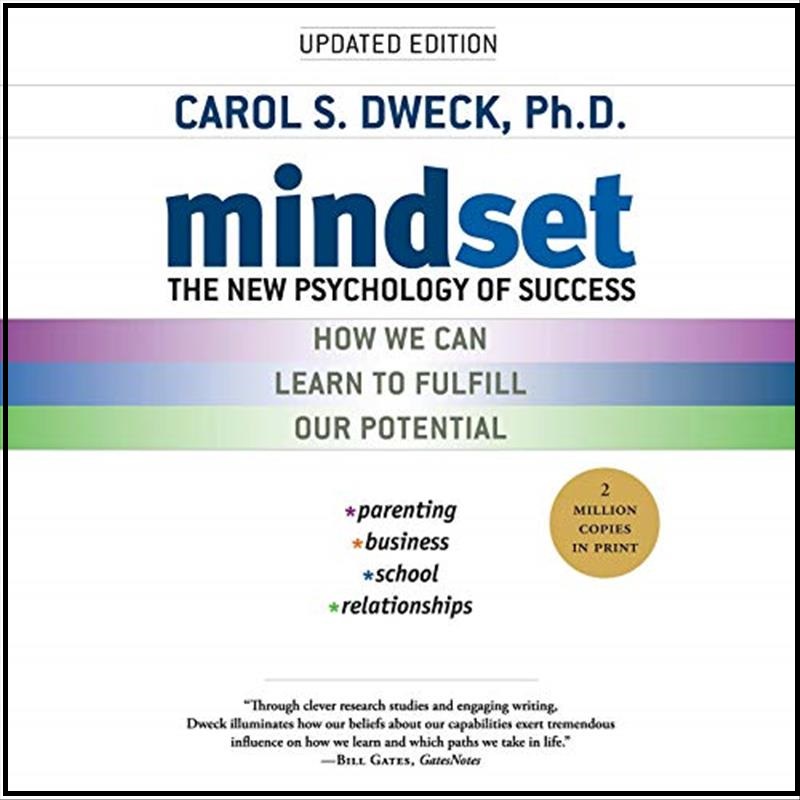
77. Mindset and Learning
| What is a mindset and how can it impact learning? What is the difference between the fixed mindset and the growth mindset? Is it possible to change the way of thinking? main article (in Farsi) |

76. Cognition, Metacognition and Learning
| What is metacognition and how is it different from cognition? What is the role of metacognition in learning? main article (in Farsi) |
75. Mechanism of course design
| How is "course alignment" achieved? What is a "course map" and how is it prepared? What is the content of the "course guideline"? main article (in Farsi) |
74. Principles of Effective Learning
| What are the seven principles that can enhance learning? Paying attention to what makes learning better? main article (in Farsi) |
2020
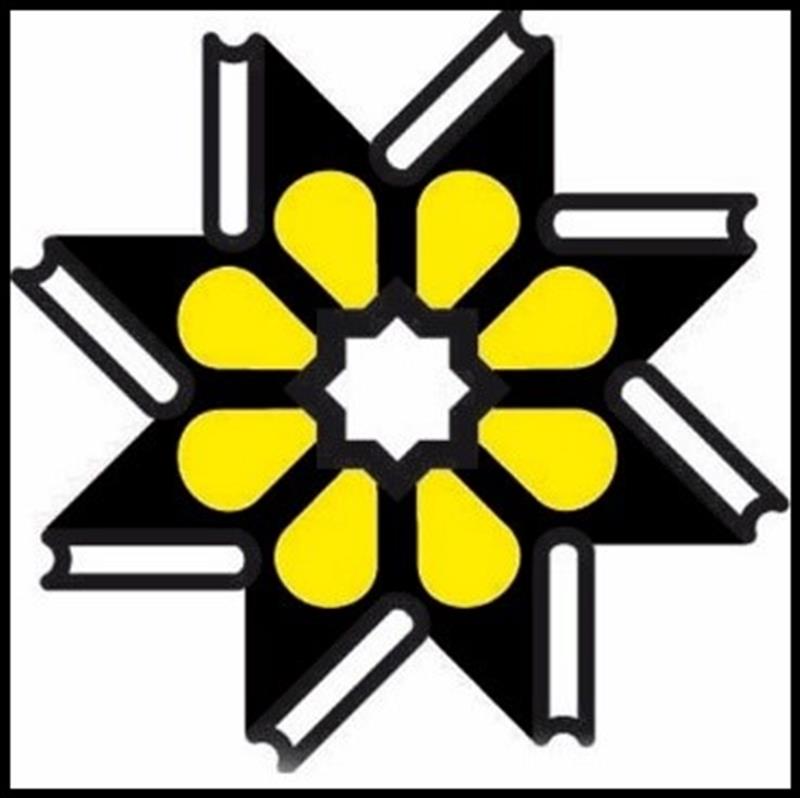
73. Regional Information Center for Sciences and Technology (IRCeST)
| What are the software and other learning tools on the web that can help to learn and what are their capabilities? main article (in Farsi) |
72. Top 200 Web Learning Tools
| What are the software and other learning tools on the web that can help to learn and what are their capabilities? main article (in Farsi) |
71. UNESCO goals for Education
| What strategies has UNESCO considered to ensure quality, equity, and inclusive education, and promote lifelong learning opportunities for all? main article (in Farsi) |
70. Self-Assessment of Faculty Members
| What is self-assessment and how is it done? How can the results of self-assessment help to improve the quality of teaching? main article (in Farsi) |

69. Islamic Educational Scientific and Cultural Organization (ISESCO)
|
What is ISESCO and what goals does it pursue? What is the role of the ISECO National Commission in Iran? main article (in Farsi) |
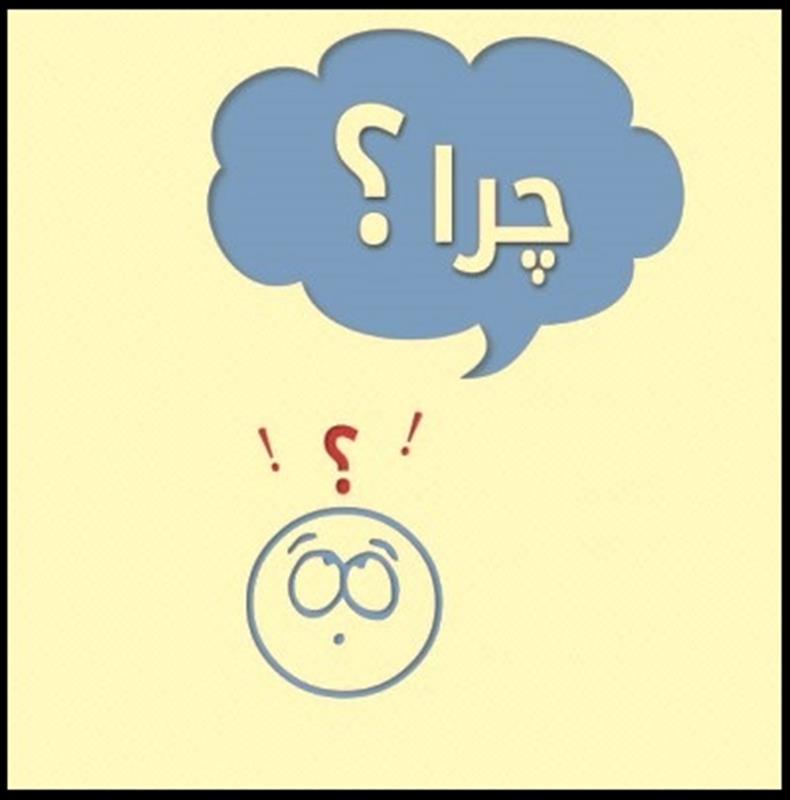
68. Why? How? and What?
| What is the difference between questions that start with "why" and questions that start with "how"? main article (in Farsi) |
67. UNESCO Resources on COVID-19 and education
| What are UNESCO's solutions for education in the Corona crisis? What resources has UNESCO prepared or introduced in this field? main article (in Farsi) |
66. What is Ph.D.?
| How is a Ph.D. defined? With how much knowledge and effort can this degree be obtained? main article (in Farsi) |
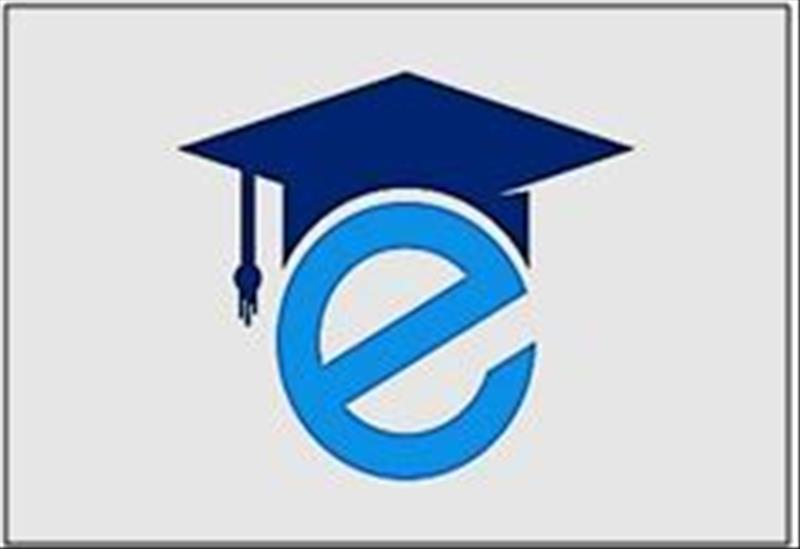
65. Engineering Education in Corona Crisis
| How successful we have been in providing online education? What are the conditions for the successful delivery of an online course? main article (in Farsi) |
2019
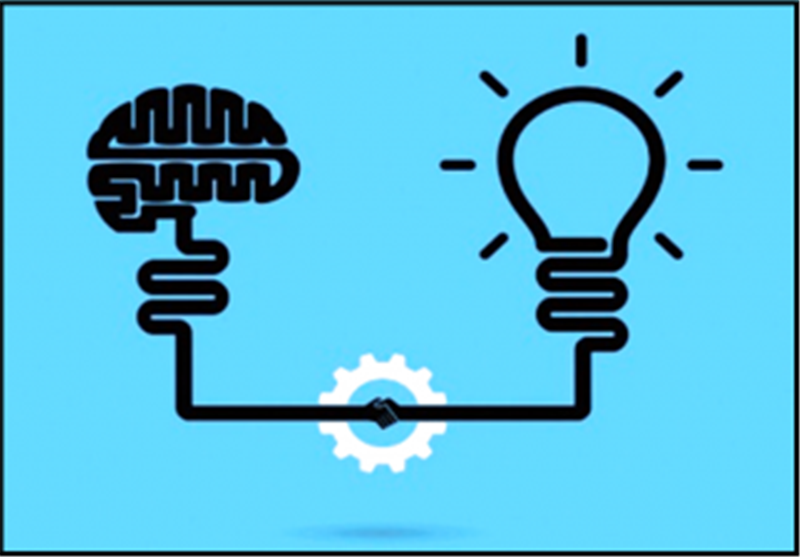
64. Innovation Station
| In recent years, innovation has become the keyword for the progress and development of countries, organizations, and institutions main article (in Farsi) |

63. Teaching and Learning Mechanism
| What can be imagined for the future of the teaching-learning process? What are the well-known theories of learning? main article (in Farsi) |
62. Ten Leading acts were done in the Last decade to Promote Engineering Education in Iran
| During a decade, which has passed since the establishment of the Iranian Society of Engineering Education (ISEE), what efforts have been made to promote main article (in Farsi) |

61. Being Literate
| The concept of literacy has changed tremendously in the last century. For example, during this period, UNESCO presented four different definitions main article (in Farsi) |
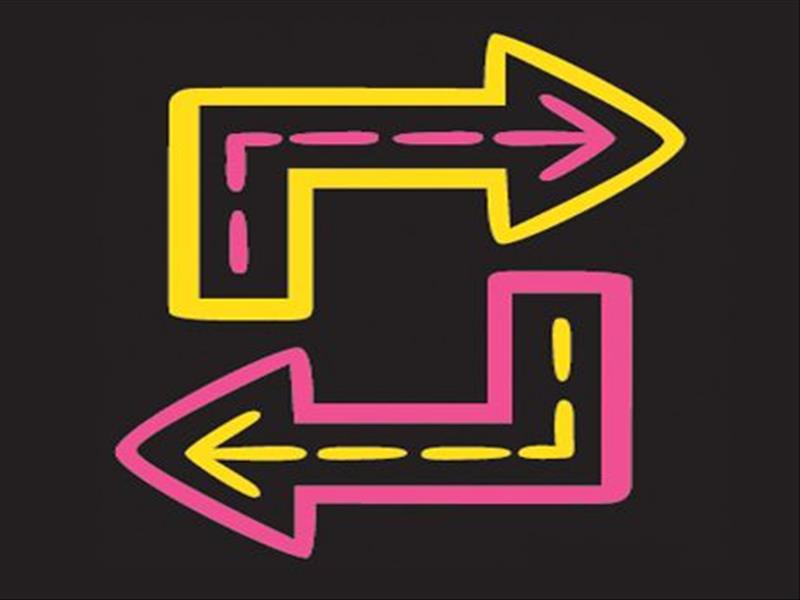
60. Managing Flipped Learning Classroom
| In a world where students have access to any information they need through their mobile phones, can they be kept satisfied in the classroom with traditional teaching methods? main article (in Farsi) |
2018
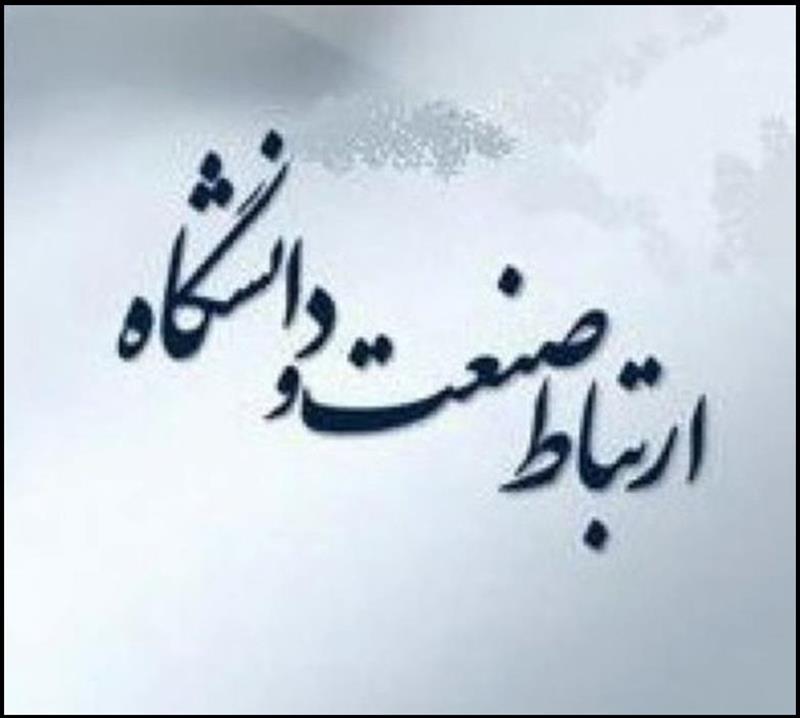
59. Challenges of Industry-University Collaboration in Iran
| A product produced in a factory must gain the satisfaction of consumers, to ensure the survival and growth of the factory. Similarly, the products of the university, i.e., the graduates, should also be able to main article (in Farsi) |
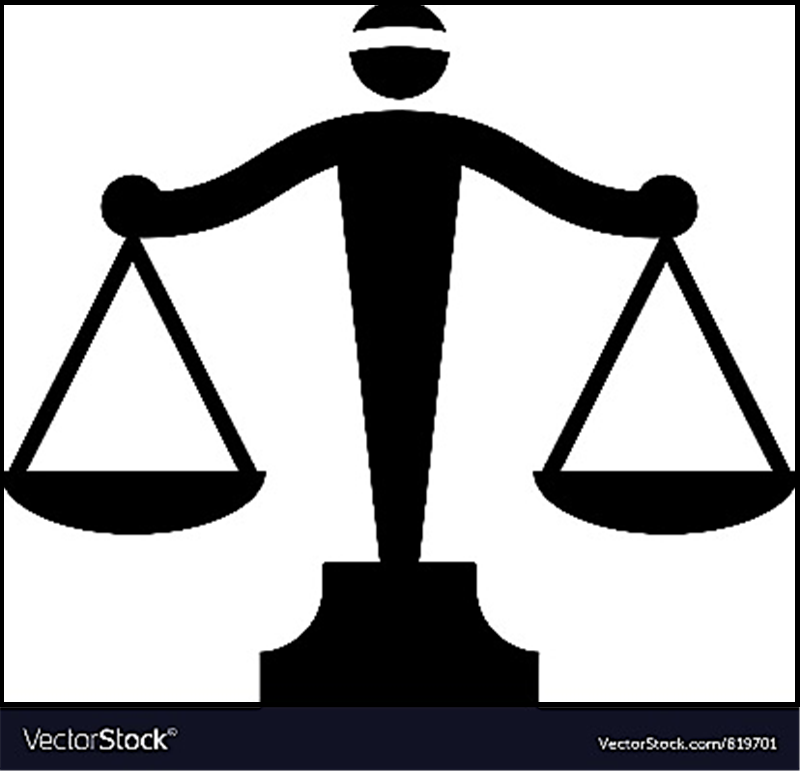
58. Establishment of the Office of Ombudsman in Iran's Higher Education institutions
| Providing good educational services is not limited to having experienced professors, trained staff, and providing adequate facilities. Creating a suitable environment for teaching and learning, which is free of tension and conflicts main article (in Farsi) |

57. Challenges of evaluating the Performance of engineering faculty members
| Evaluation of the performances of faculty members, through a survey of education beneficiaries, is one of the methods of awareness of shortcomings, to improve the quality of education provided. In this article main article (in Farsi) |

56. Investigating the causes of engineering student's low motivation
| In recent years, there have been several reports of students’ lack of motivation by faculty members. To investigate this issue main article (in Farsi) |
2017
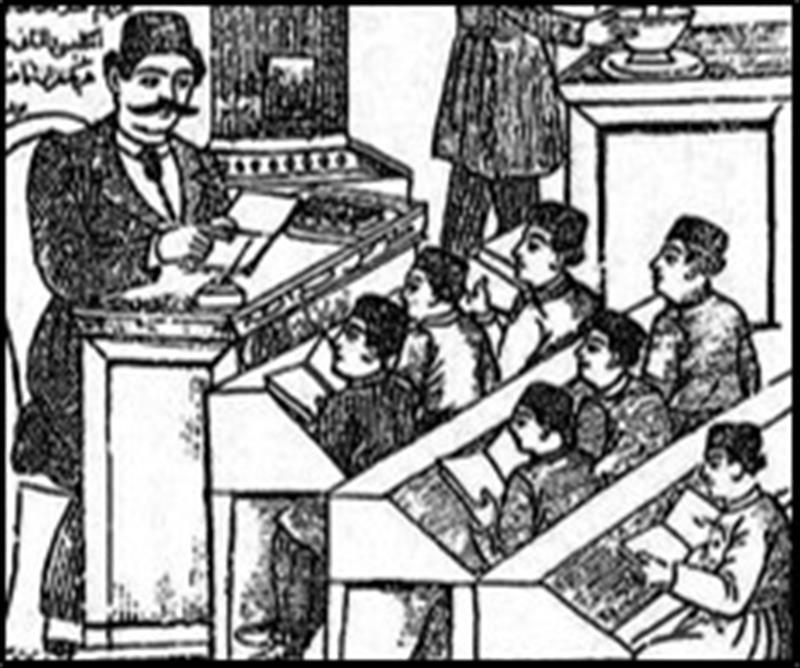
55. Pay less attention to teaching & learning, in engineering education
| The growth of the population and the increase in interest in higher education in Iran caused demands for educational opportunities. It was in such a situation that main article (in Farsi) |
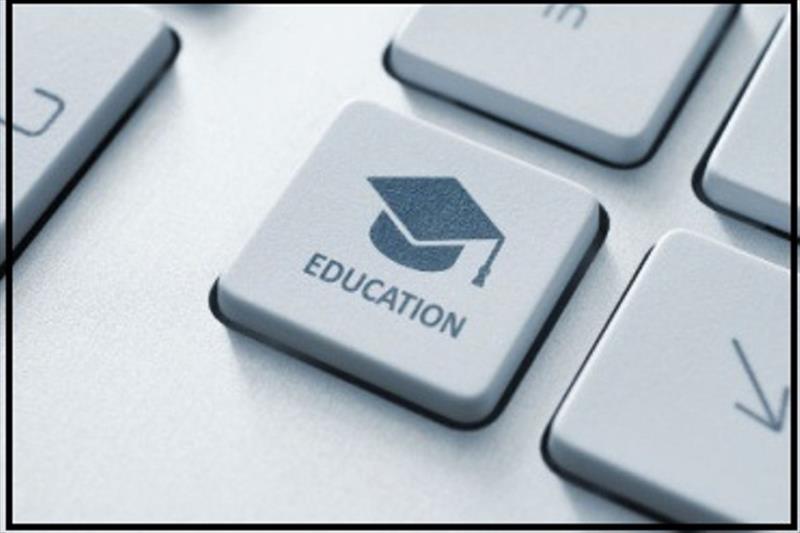
54. Challenges of online education in engineering education
| Investigations and actions related to the use of technology in teaching and learning have a long history. In the not-so-distant past, education from main article (in Farsi) |

53. Master of Engineering Education
| One of the main goals of higher education in the country is the production and dissemination of knowledge and the training of specialized and skilled personnel for the growth and development of society. In the meantime, main article (in Farsi) |
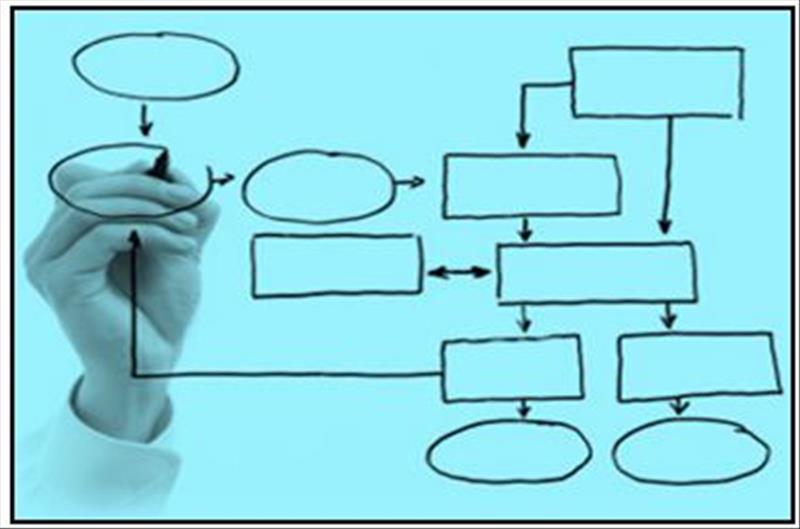
52. New graduate course on engineering education
| The globalization of the economy, tremendous advances in technology and science, and a global movement towards the evaluation of educational programs such that they are outcome-based main article (in Farsi) |
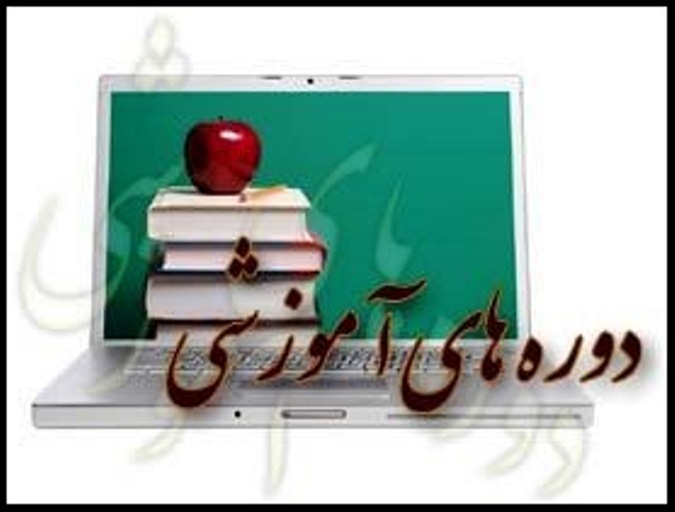
51. Educational program for professional development of teaching-learning skills for faculty members
| Quality is a condition for the survival of modern educational institutions and a gateway to the globalization of higher education. One of the most accessible methods for main article (in Farsi) |
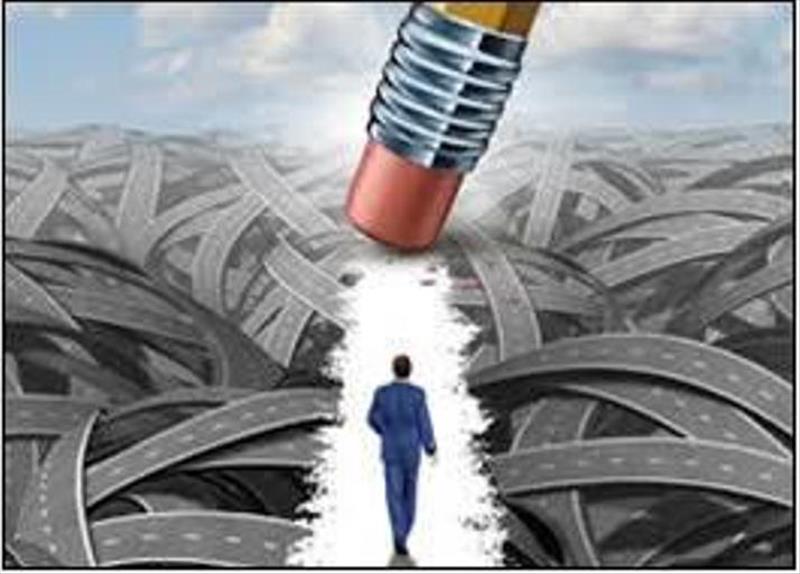
50. Achieving further skills during the capstone course
| These days, every once in a while, by publishing an article, or presenting a speech, this issue is brought up again that graduates main article (in Farsi) |

49. Multiple intelligence and learning
| What is intelligence and what is IQ? Is intelligence innate and cannot be increased? What is the role of intelligence in learning and academic and career choices? main article (in Farsi) |
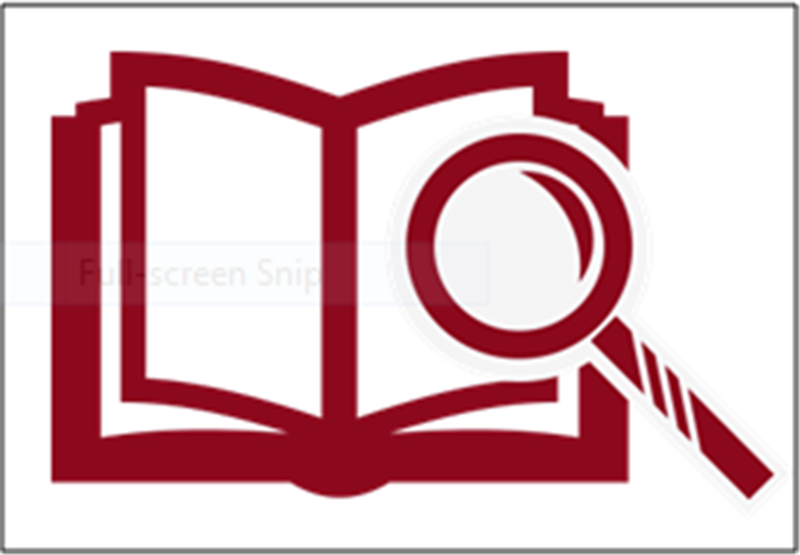
48. Preparing course outline
| The educational activities of engineering faculty can be divided into three parts: pre-teaching activities, teaching and learning operations, and activities related to main article (in Farsi) |
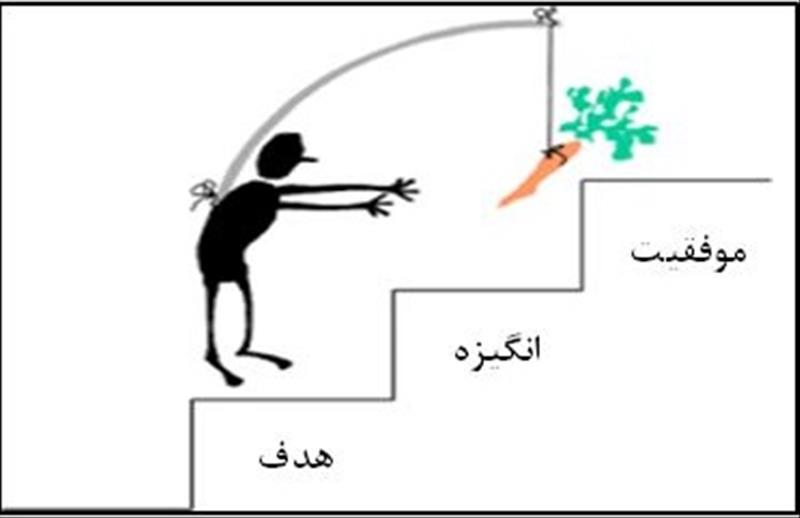
47. Promoting the Motivation of Engineering
| Motivation is a force that makes a person act and moves people energy and shapes their activity toward reaching the goal. Each person main article (in Farsi) |

46. Supplementary Paper-Base Students Survey
| One of the ways to know about the success of offered education is to survey the students. These polls, which have been in use for a long time main article (in Farsi) |
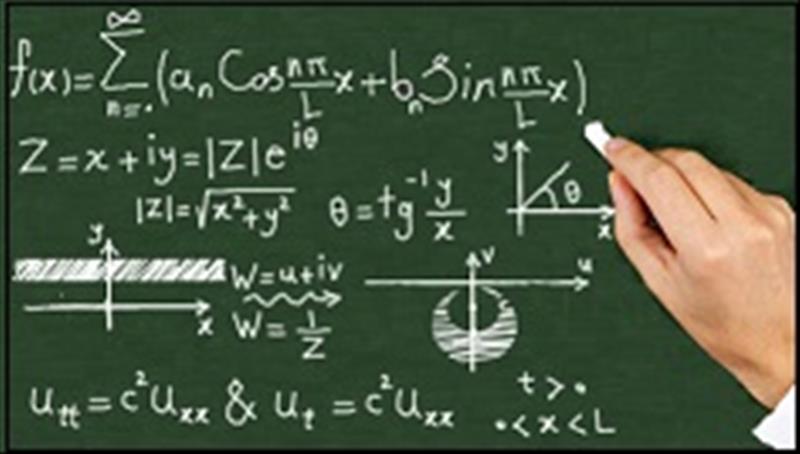
45. Seven Principles of Good Teaching Practices
| How can undergraduate education be improved? What characteristics should good education have? In 1978, two researchers named main article (in Farsi) |
2016
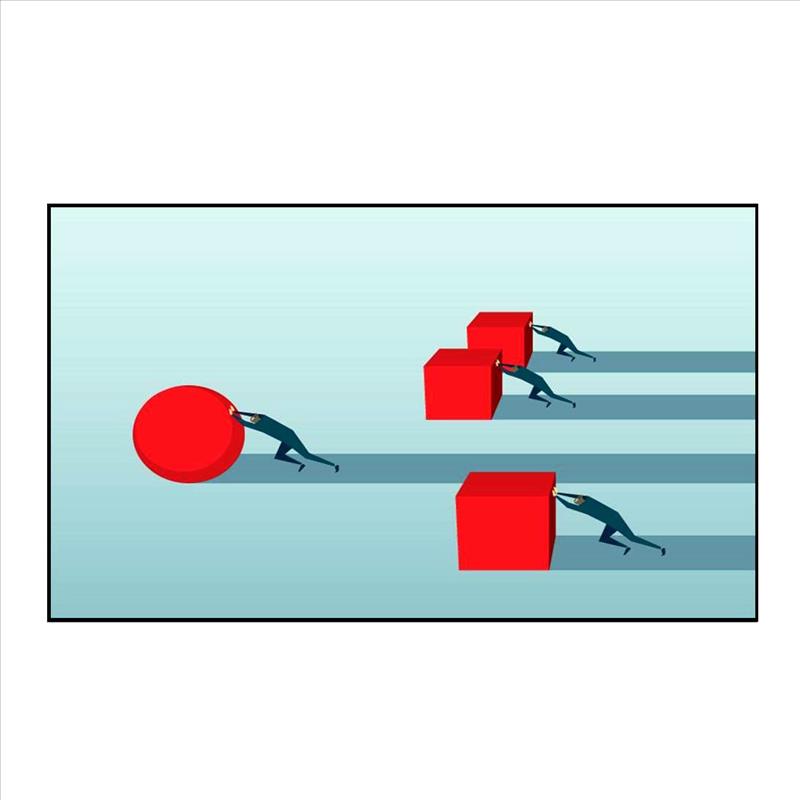
44. Needs for Innovation in Engineering Education
| In recent years, the growth of the number of articles published in international research journals has been considered a measure of scientific progress and innovation. main article (in Farsi) |
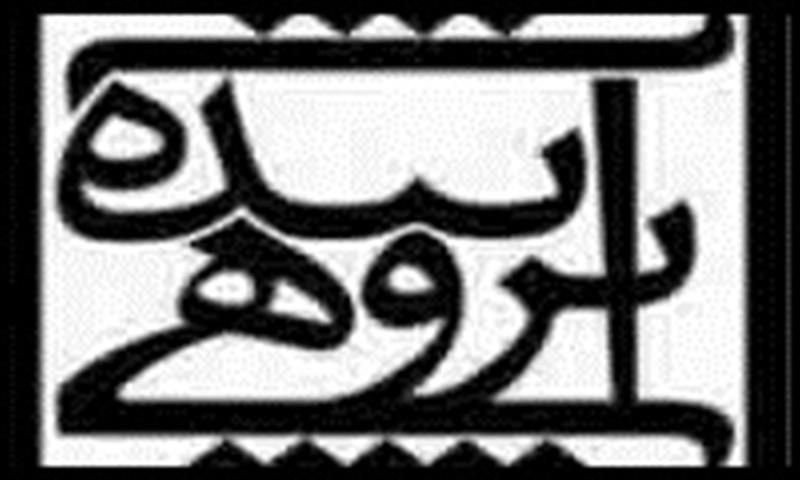
43. Future studies in Engineering Education
| In today's world, changes occur at a faster rate than in the past. Technological changes, followed by changes in other aspects of life, increase main article (in Farsi) |
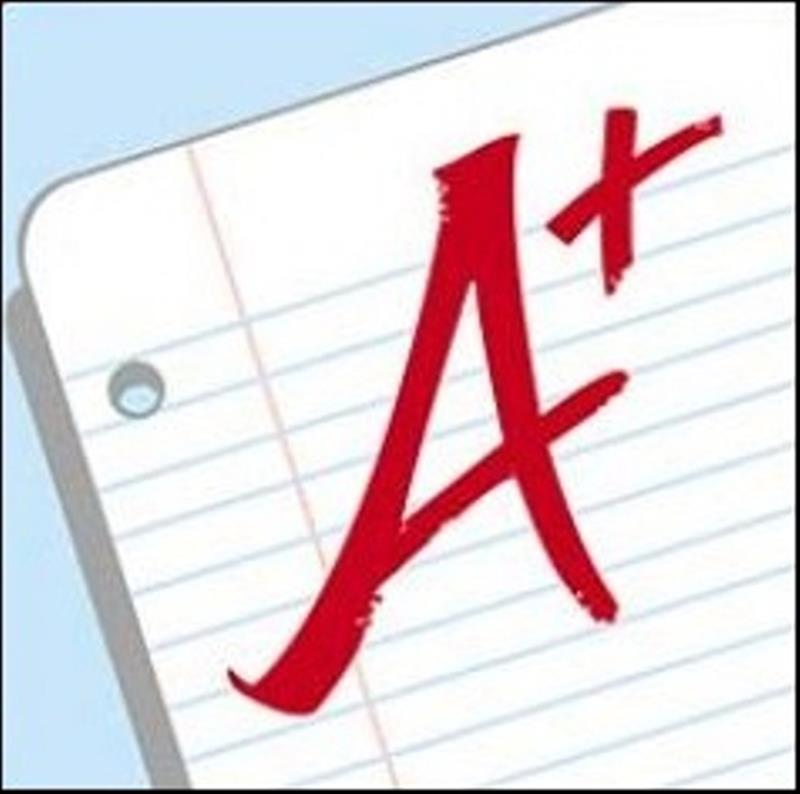
42. Modifying Students Performance Report
| The grade levels of the courses are different in different education centres. Even in a university, the scores of students in different faculties or educational groups are not the same. main article (in Farsi) |
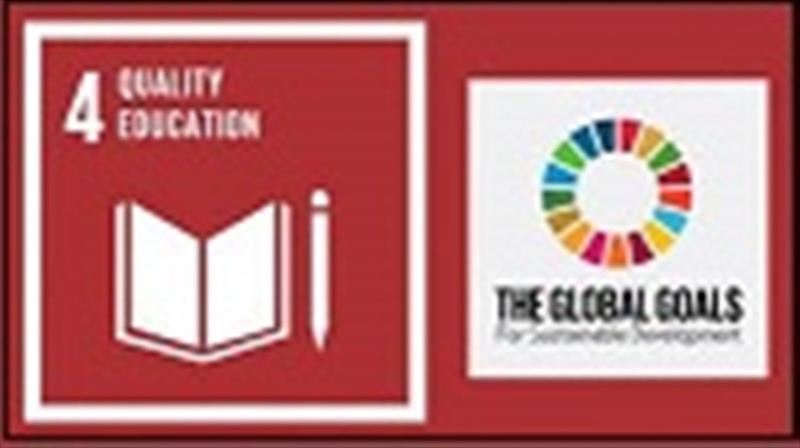
41. Internationalization of Engineering Education
| The United Nations Agenda for Sustainable Development, entitled "Transforming Our World," was adopted by the United Nations General Assembly in September 2015. main article (in Farsi) |
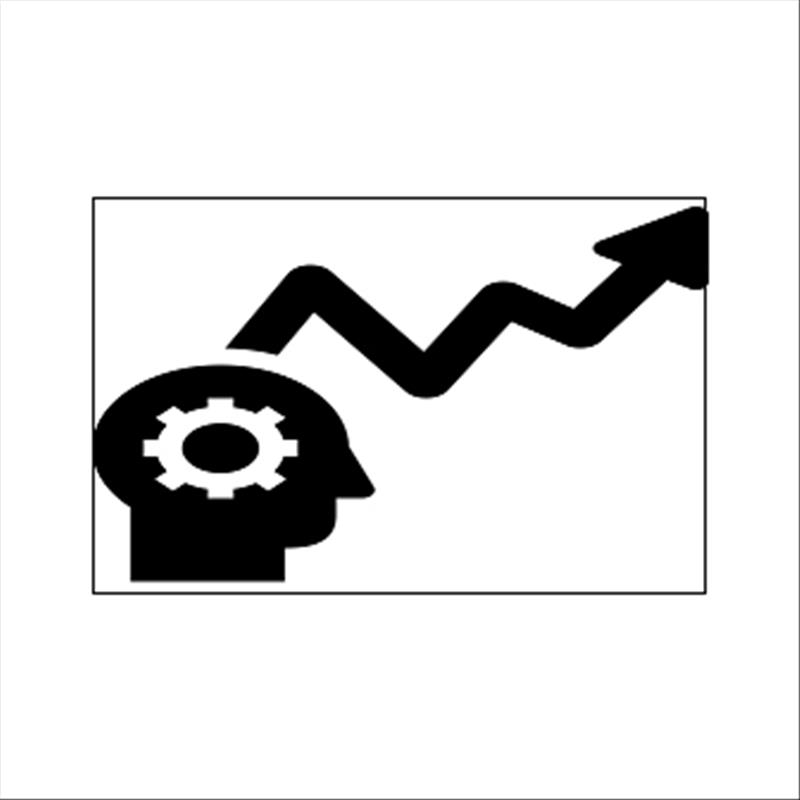
40. Students Learning Assessment
| Engineering professors spend many years acquiring knowledge and skills in their specialized field and professional work; But most of the time, proper training main article (in Farsi) |
39. Deficiencies of Engineering Education Programs of Iran
| Engineering education in the world has come close to a more or less single definition of the abilities needed by engineering graduates. If we want to main article (in Farsi) |
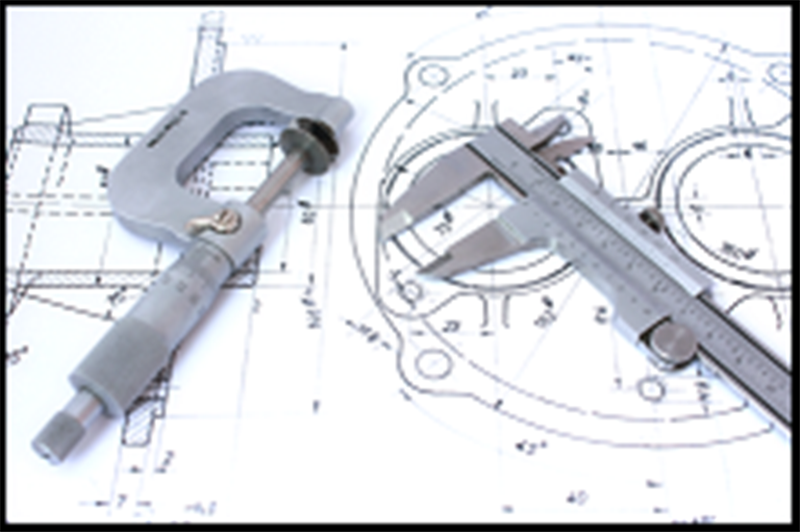
38. Teaching Engineering Design
| Design is the pinnacle of engineering activities. Engineers, by using their imagination and professional skills, play an effective role in designing and main article (in Farsi) |

37. External Assessment of Engineering Programs
| During the last one or two decades, the evaluation of educational programs has been identified as an important pillar in engineering education. Overview of the evaluation process main article (in Farsi) |
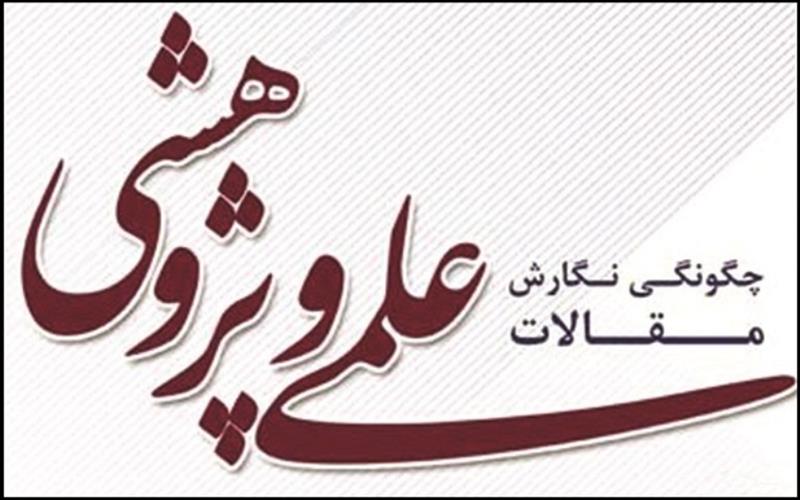
36. Dissemination of Research Findings
| With the increasing growth of research in various fields of human knowledge, the importance of methods of recording results and presenting research achievements has also increased main article (in Farsi) |
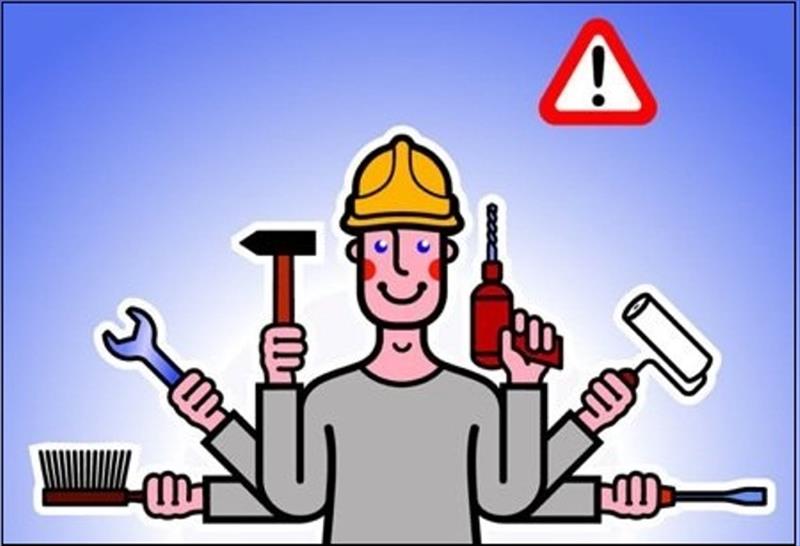
35. Developing Necessary Skills in Engineering Students
| The current highly competitive job market of engineering raises this question for many students from the beginning of their studies: apart from studying lessons and main article (in Farsi) |
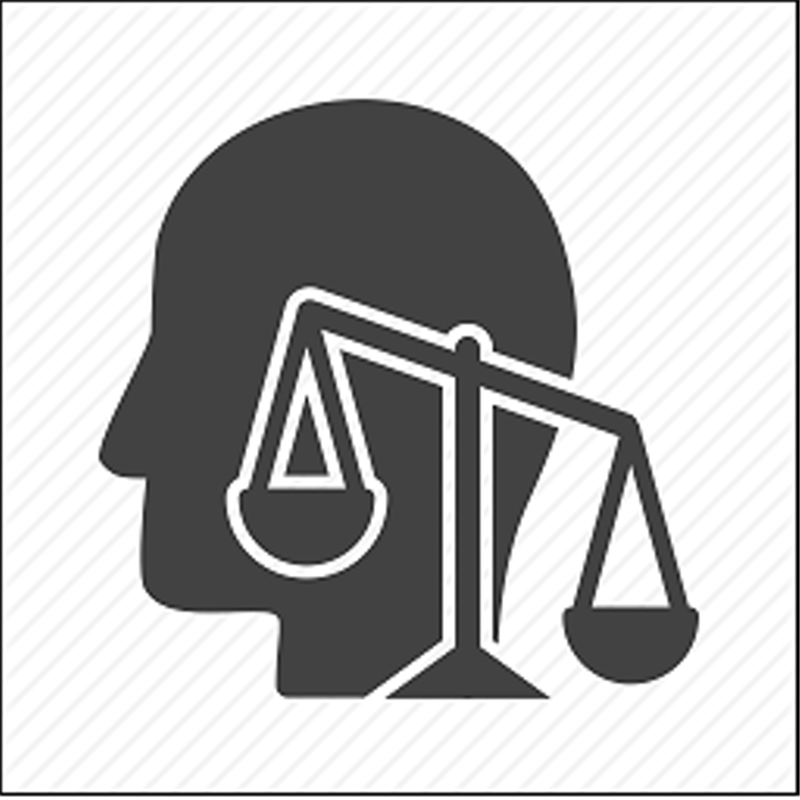
34. Professional Ethics
| Every once in a while news comes out about inappropriate behavior or performance or personal abuse in the medical, legal, or other professions main article (in Farsi) |
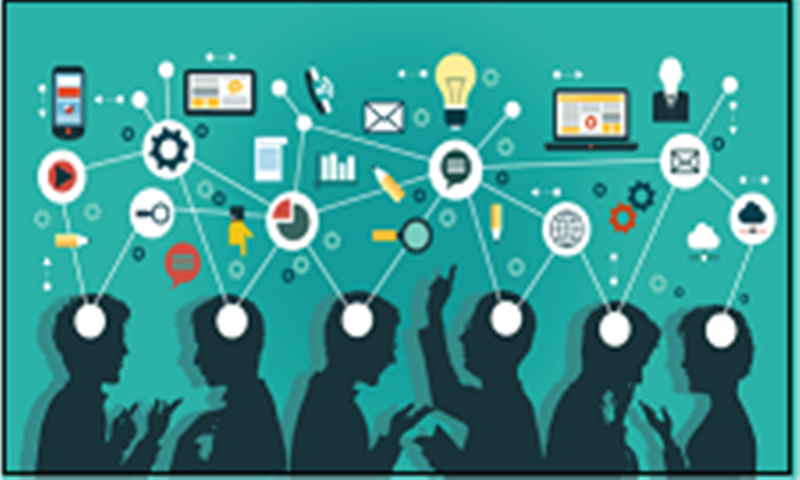
33. Knowledge Management in Higher Education Institutions
| Propositions such as: "In 2020, human knowledge will double every 73 days" or "the volume of the Internet will double every 250 days", are examples main article (in Farsi) |
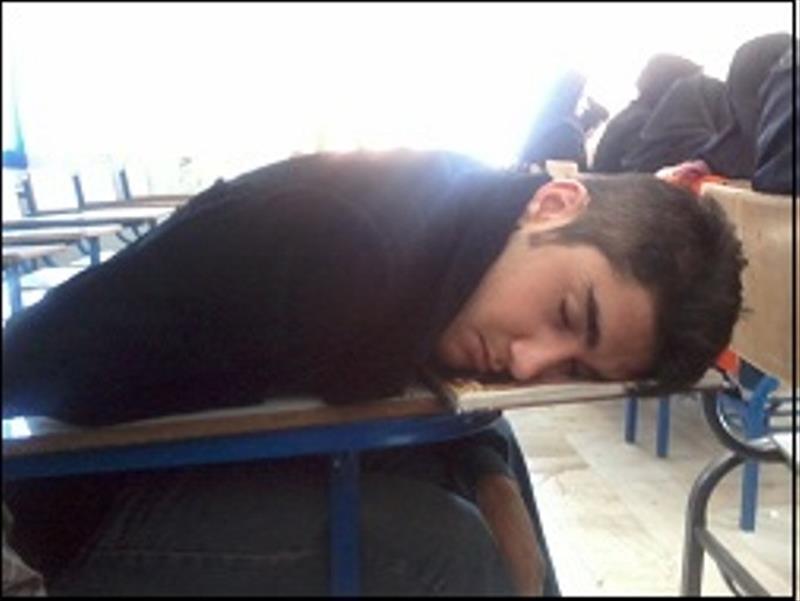
32. Students Attendance Monitoring
| The necessity of students' attendance in university classrooms, laboratory activities, and problem-solving tutorial sessions has been emphasized for a long time. These days main article (in Farsi) |

31. Revising Student’ Online Survey
| Asking students for their opinions about facultys' performance has been common for a long time. Until a few years ago, surveys were done on paper main article (in Farsi) |
2015
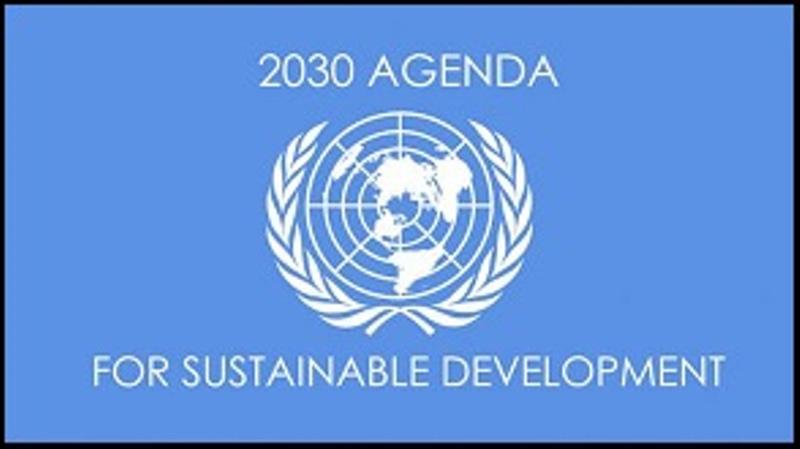
30. Sustainable Development Education
| The world population increased from 2 billion people in 1930 to 4 billion in 1975, 6 billion in 2000 and more than 7 billion in 2015. main article (in Farsi) |

29. Decline of High School Student’s Interests in Engineering
| Iran's higher education has gone through ups and downs over the past few decades. During the 1980s, the number of education students main article (in Farsi) |
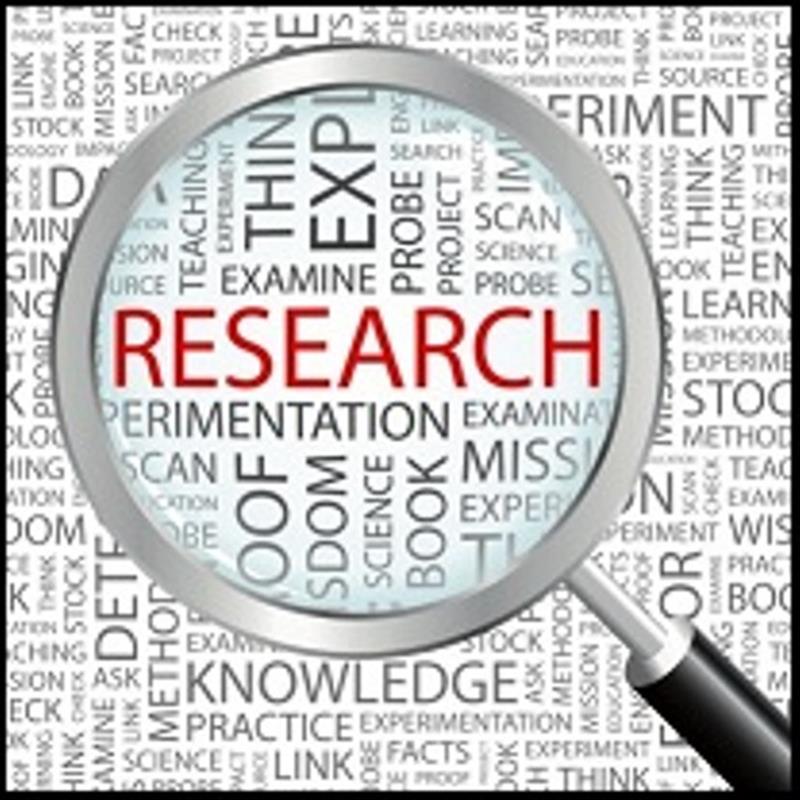
28. The Need for Research in Engineering Education
| With the passage of about eight decades since the beginning of higher university education in Iran, engineering education in the country, along with a large quantitative expansion, has experienced several ups and downs main article (in Farsi) |
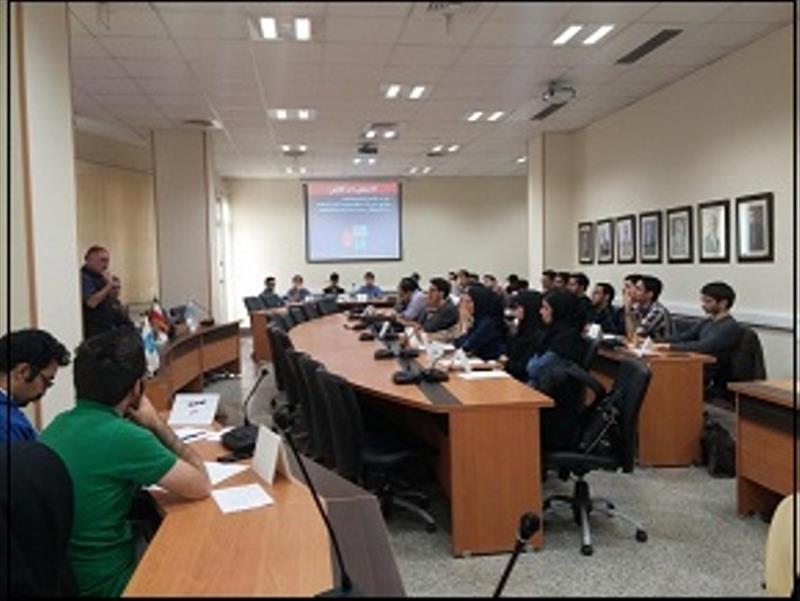
27. Developing Teaching-Learning Skills of Teaching Assistant (TA)
| Quality teaching requires the presence of teachers who are trained in teaching and learning methods. It should be noted that professors are only educators main article (in Farsi) |

26. Improving the Quality of Engineering Education
| Quality is a condition for the survival of modern educational centres and a gateway to the globalization of higher education. In the last one or two decades, engineering education in the world, main article (in Farsi) |
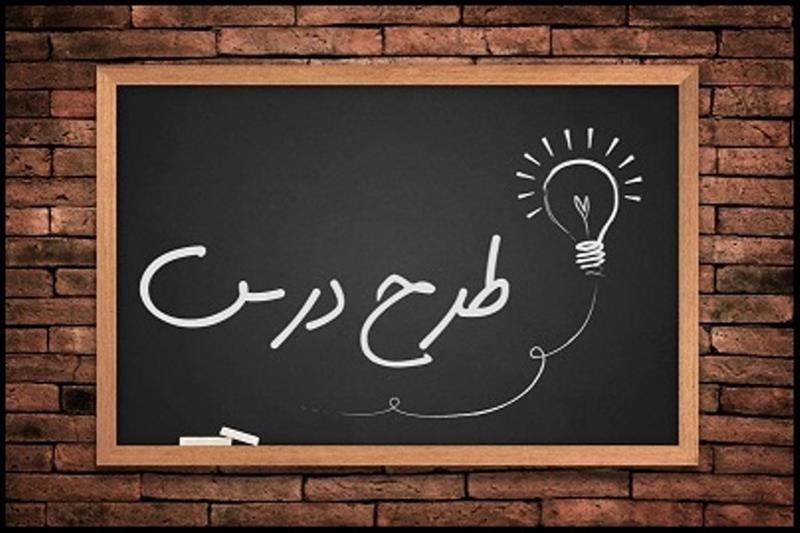
25. Designing and Revaluation of Engineering Courses
| After the lesson presentation was assigned to us and we obtained the basic information about its teaching history, the most key action is to prepare the lesson's learning objectives. main article (in Farsi) |
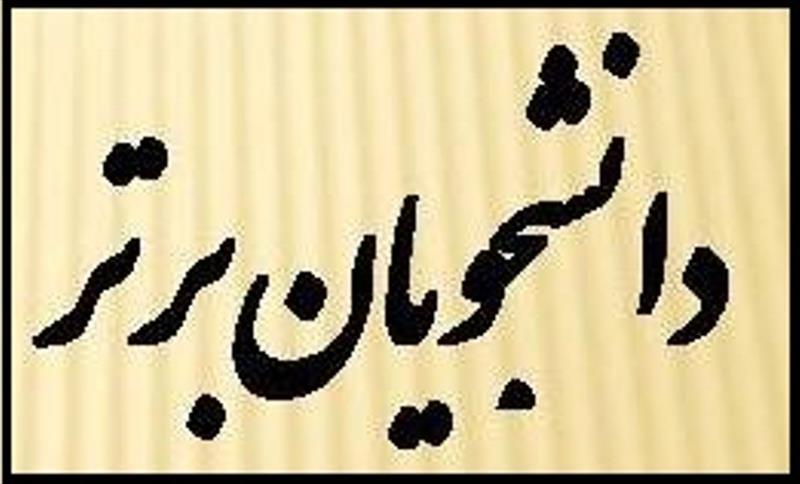
24. Selecting Top Students by Deans List
| Too much attention in educational environments to the concept of the high-Grade Point Average (GPA) of students, especially after considering it as a criterion for continuing education without an entrance exam at the level of main article (in Farsi) |

23. Formation of Educational Research Groups
| Improving the educational skills of the teachers of an educational program and creating coordination between the education provided by the group of teachers is one of the things that main article (in Farsi) |

22. Preparing Objectives and Outcomes of Engineering Programs
| One of the prerequisites for successful education is determining appropriate learning goals for lessons and educational programs. The professors need to be aware of the goals of the program, the content of the lessons, etc. main article (in Farsi) |
2014
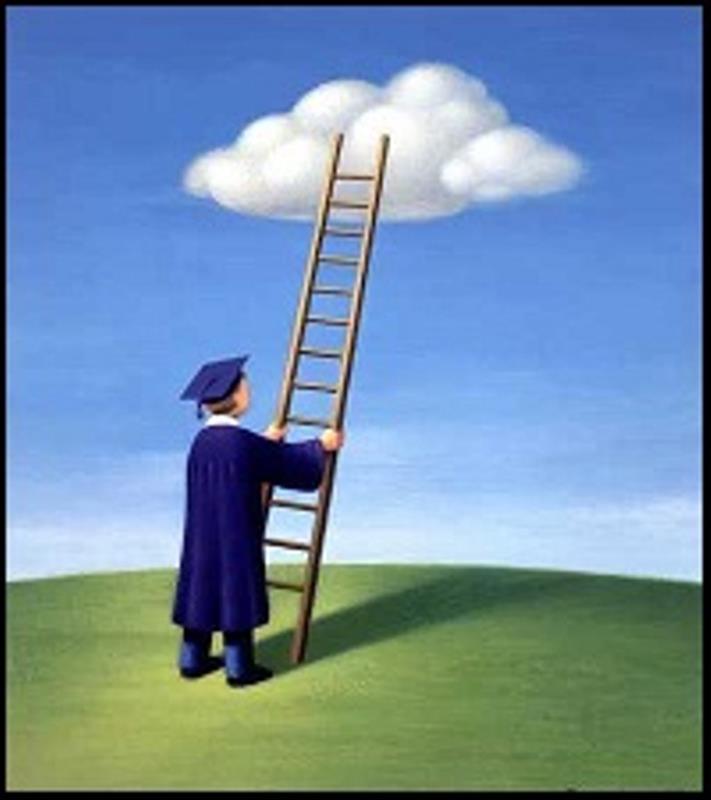
21. Faculty Teaching-Learning Development
| What is the purpose of presenting a lesson? What should our students know or be able to do after the end of the course? How much speaking, listening, reading, writing, etc. main article (in Farsi) |

20. Internal Assessment of Engineering Program
| The effectiveness of an educational program is measured by the abilities and achievements of its graduates. It is only through evaluation that main article (in Farsi) |
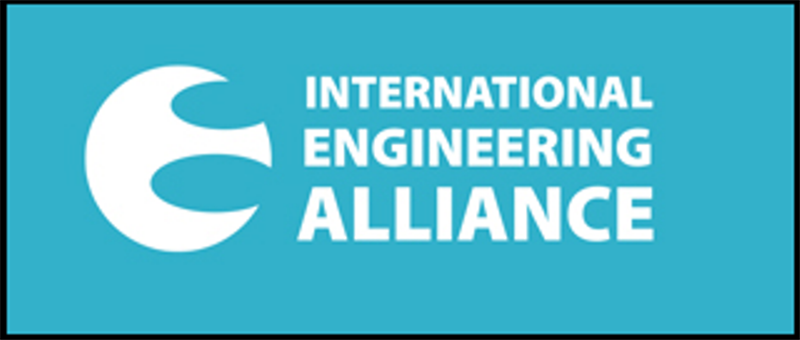
19. International Engineering Education Accords
| In the past one or two decades, several measures have been taken to sign bilateral or multilateral agreements and create international agreements in the field of engineering education accreditation main article (in Farsi) |
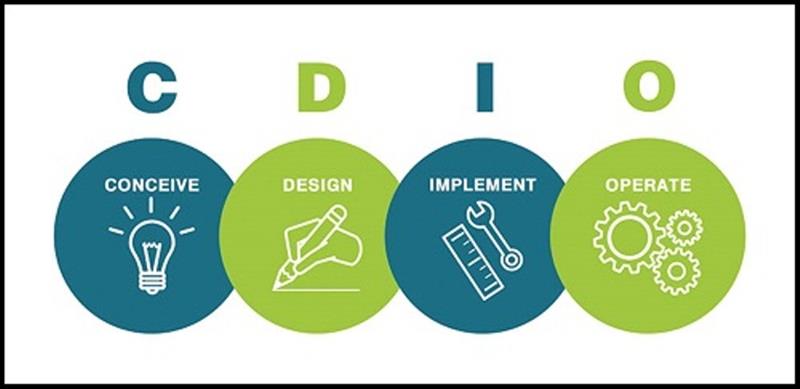
18. Standard Engineering Education
| The UNESCO Working Group on Education in the 21st Century, in its reports in 1996 and 1998, emphasizes the role of continuing education main article (in Farsi) |
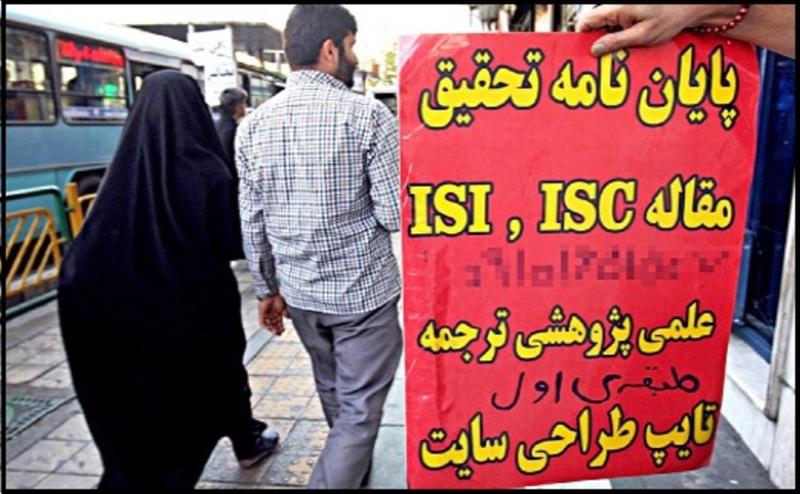
17. Dealing with Fake Research in Higher Education
| The number of students in the country has increased from 150 thousand to 4.5 million from 1355 to 1395. That is, it has increased 30 times in 40 years. main article (in Farsi) |
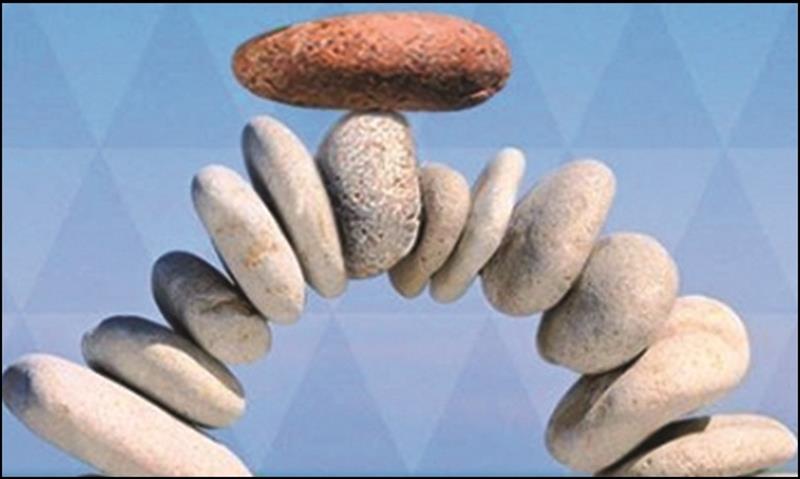
16. Revision of Capstone Course
| Higher education in Iran has undergone many structural and content changes in the past few decades. Examining the approved undergraduate engineering education programs of the country main article (in Farsi) |

15. Revision of Exams instruction
| Are students allowed to carry mobile phones during the exam session? If a student requests to leave the session during the exam main article (in Farsi) |
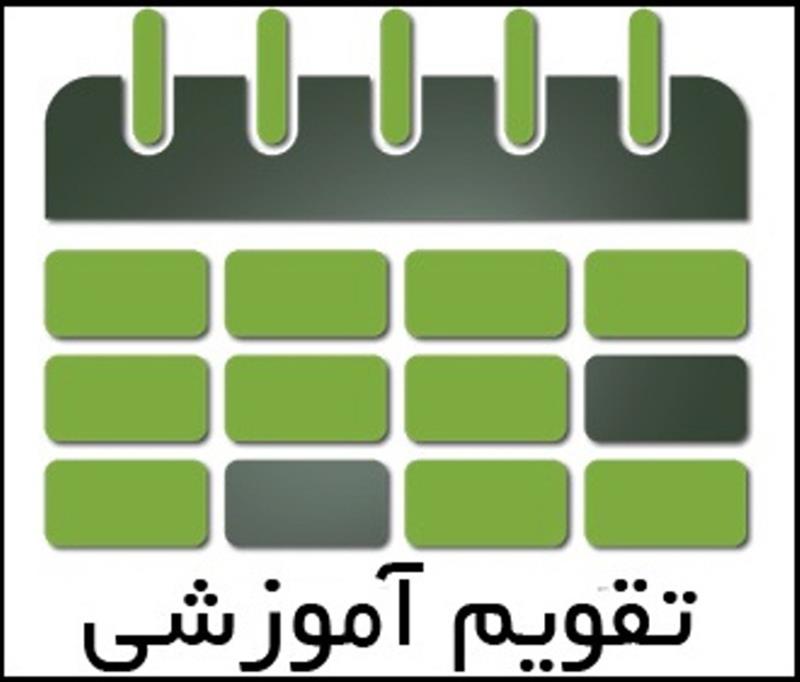
14. Revision of Educational Calendar
| The development and continuous implementation of an educational calendar are important factors in observing the order of education and research in terms of its timing and continuity, and as a result, maintaining the desired quality. main article (in Farsi) |

13. Revaluation of Engineering Education Programs
| At the same time as the end of the 20th century and the beginning of the new millennium, many countries in the world have had extensive revisions, especially in the field of higher education. main article (in Farsi) |
2013
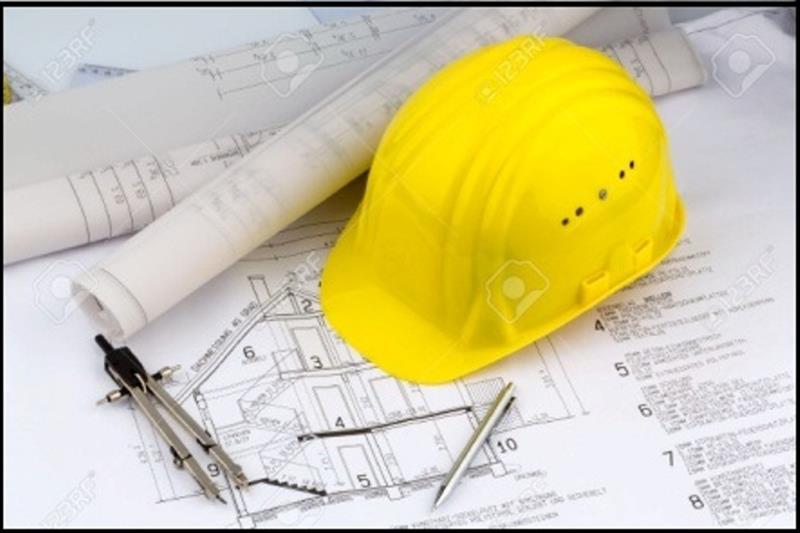
12. New Introduction to Engineering Course
| Higher education teaches the techniques, relationships, and processes of an engineering discipline in great detail, but less training on how to apply them in main article (in Farsi) |
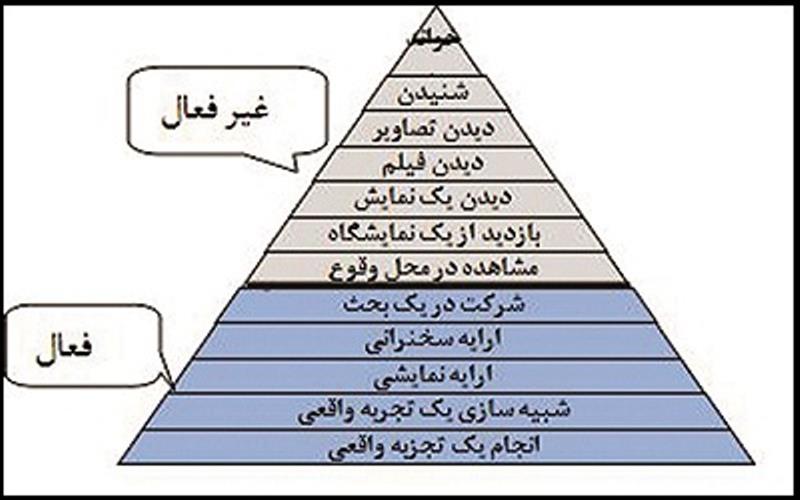
11. Active Learning
| Relying only on traditional lectures, or devoting an entire class session to the uniform presentation of materials with PowerPoint, is often boring, and usually learning main article (in Farsi) |
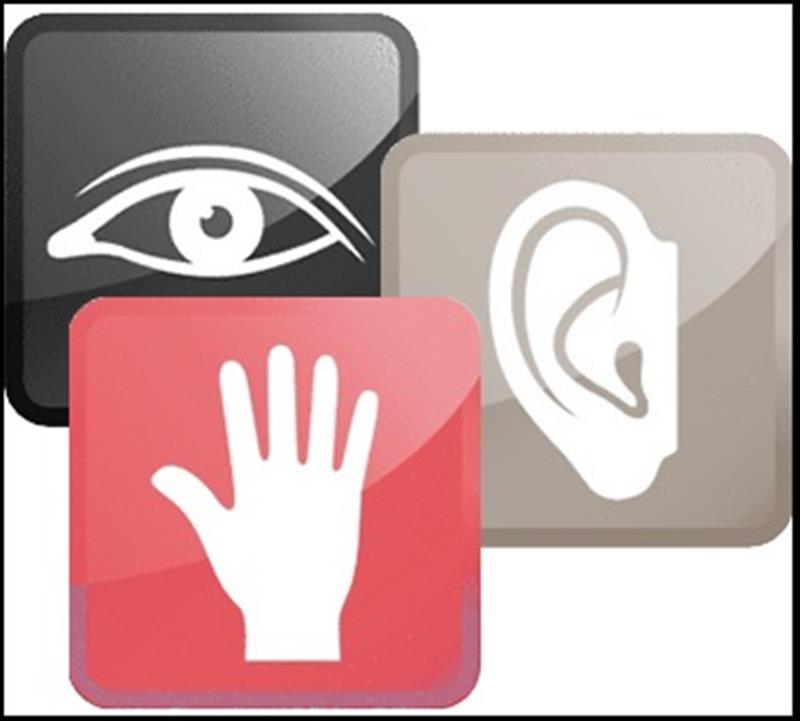
10. Teaching-learning Styles
| Professors have different teaching styles and students have different learning styles. The best and most lasting learning is when main article (in Farsi) |
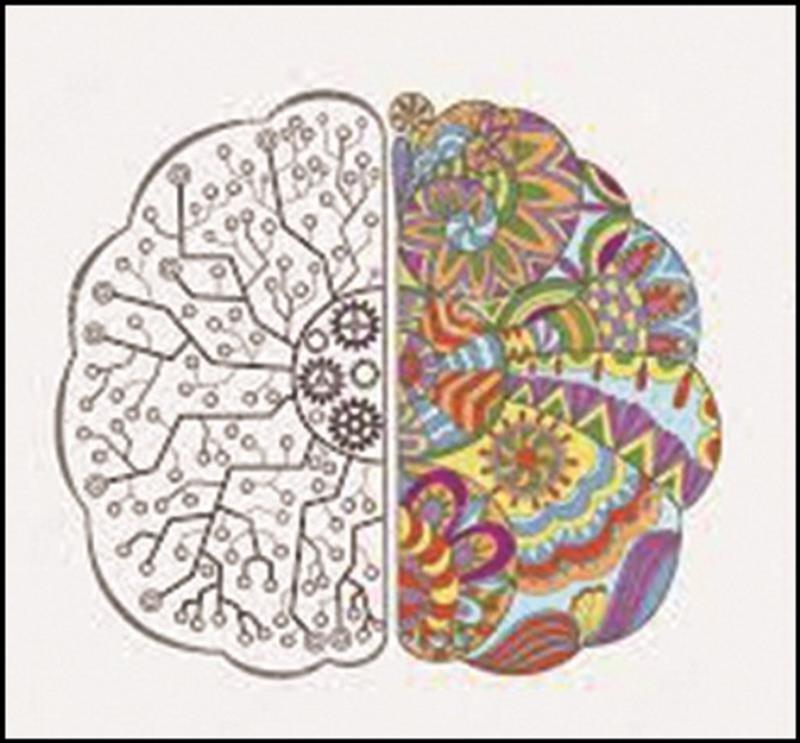
9. Upgrade Critical Thinking in Engineering Education
| Thinking is a mental act and it comes up when a person is faced with a problem and wants to solve it. At this time, the mind attempts to main article (in Farsi) |
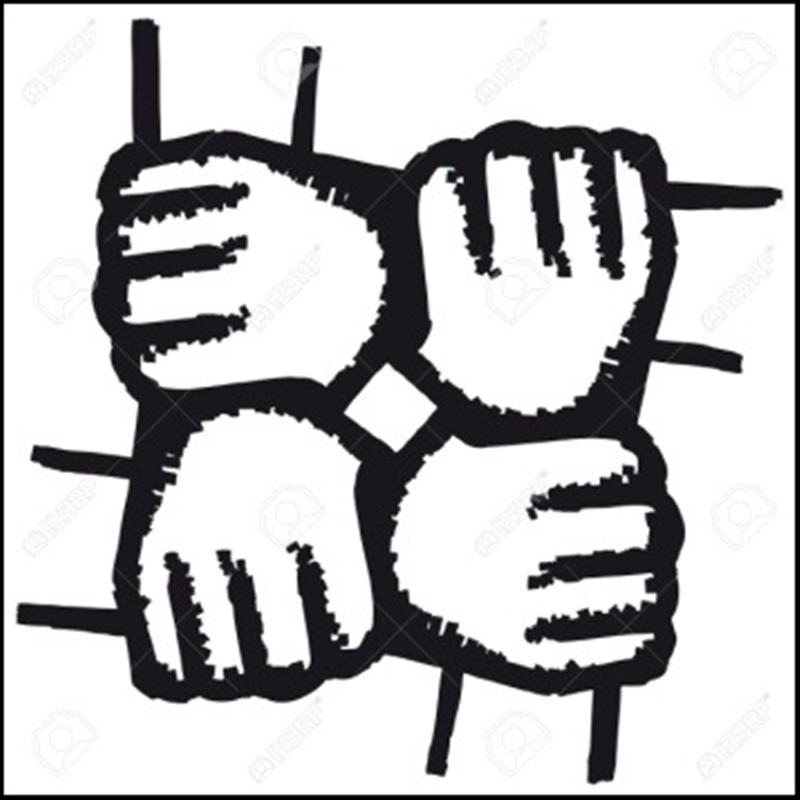
8. Teaching Teamwork
| As industrial processes and systems become more complex, today it is these groups that have become work units in industrial institutions instead of individuals. Group selection and main article (in Farsi) |
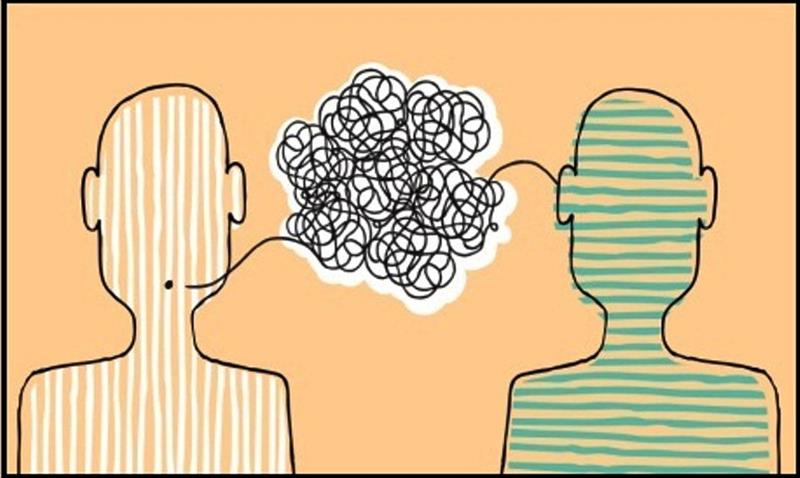
7. Teaching Professional communication skills
| Communication is not only the transfer of ideas and information from one point to another. Rather, sending information and concepts in such a way that the audience can understand them main article (in Farsi) |
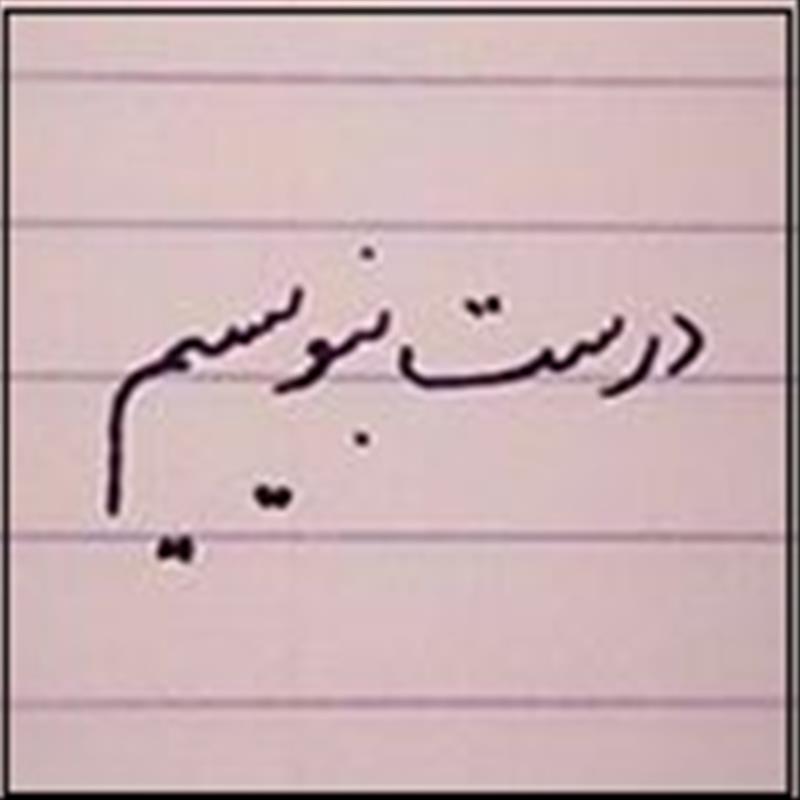
6. Teaching Correct Writing
| If we compare organizing a message to building a wall, the final shape of the message depends not only on the words (i.e. the bricks of the wall) but also on the way they a main article (in Farsi) |
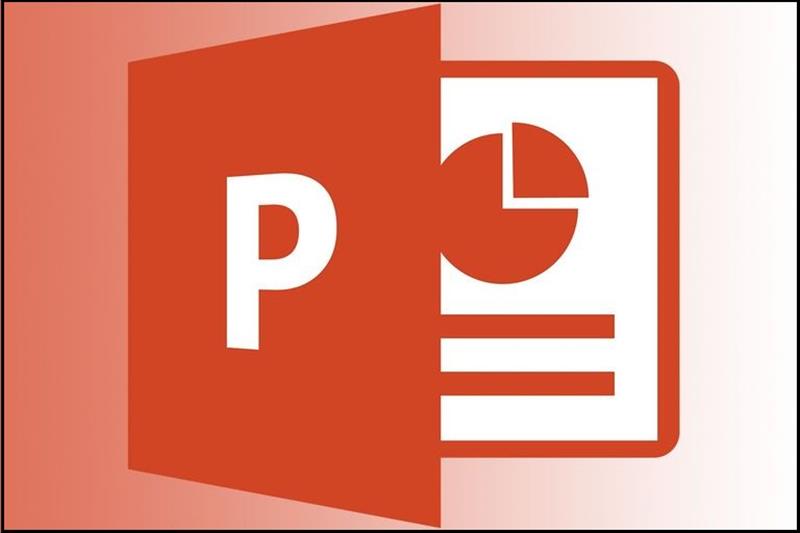
5. Teaching with PowerPoint
| The lecture is a traditional method of education, and it consists of standing in front of students and presenting some information for their learning. In the university, the purpose of speech main article (in Farsi) |
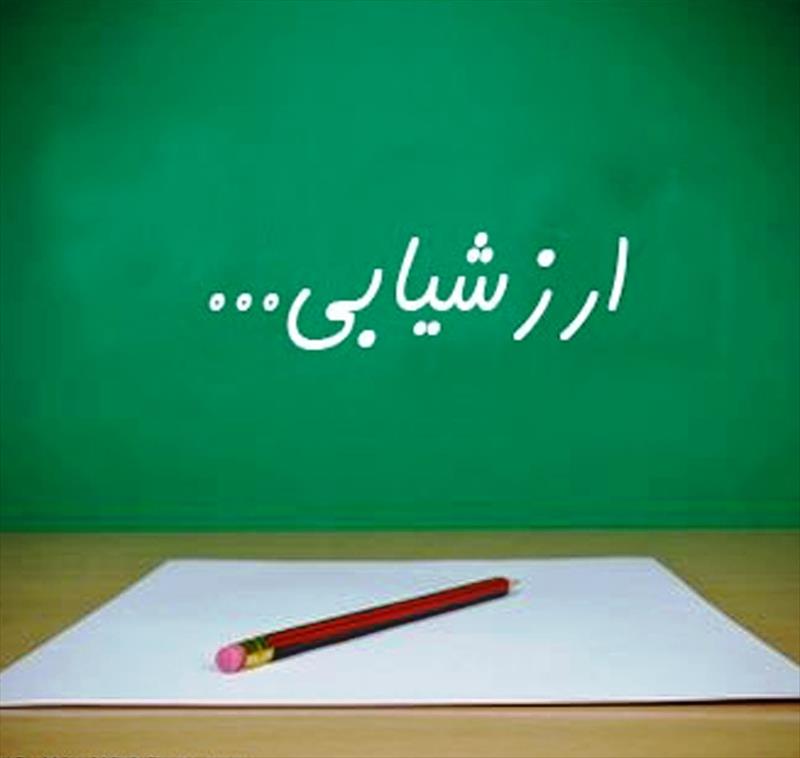
4. Accreditation of Engineering Education programs
| Today, engineering has become a global system, and as a result, its education more or less follows a global model. In such a situation, the validity of education; degrees main article (in Farsi) |
2012
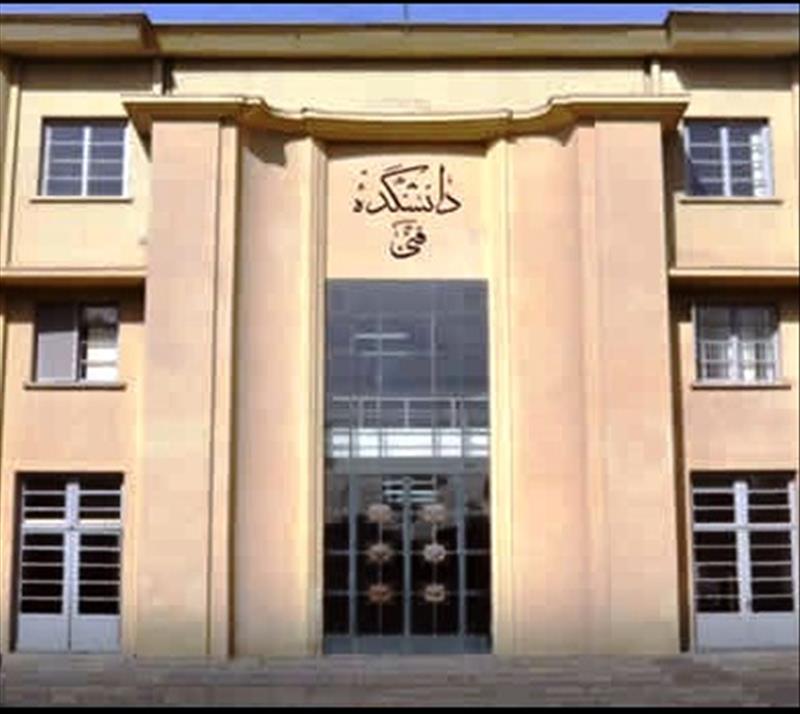
3. Engineering Education in Iran
| Iran is the birthplace of many innovations and inventions, as well as a large number of scientific and technical discoveries by main article (in Farsi) |
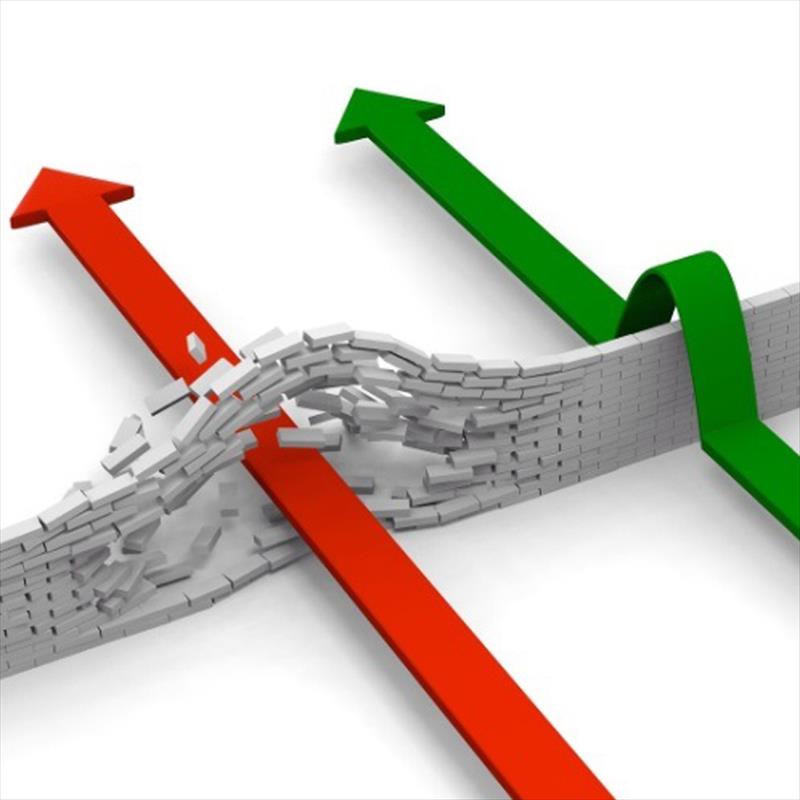
2. Global Challenges of Engineering
| The 20th century witnessed the most amazing advances in engineering and technology. Along with these achievements, there have also been failures. In the 20th century main article (in Farsi) |
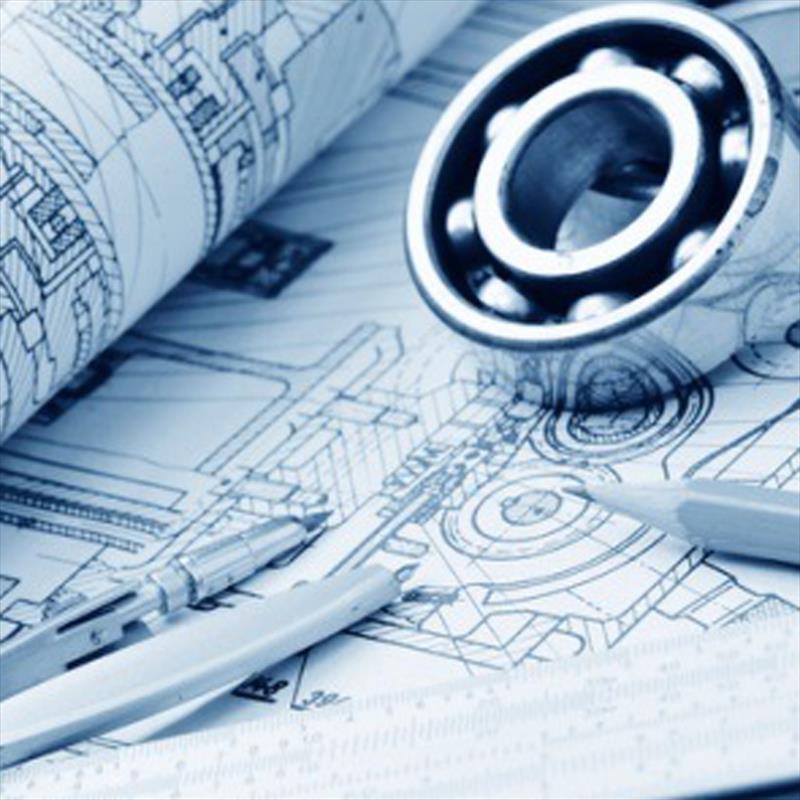
1. Engineer and Engineering
| In an opinion poll, which was conducted in 2014, among several undergraduate and postgraduate engineering students of Tehran University's Technical Faculty main article (in Farsi) |
